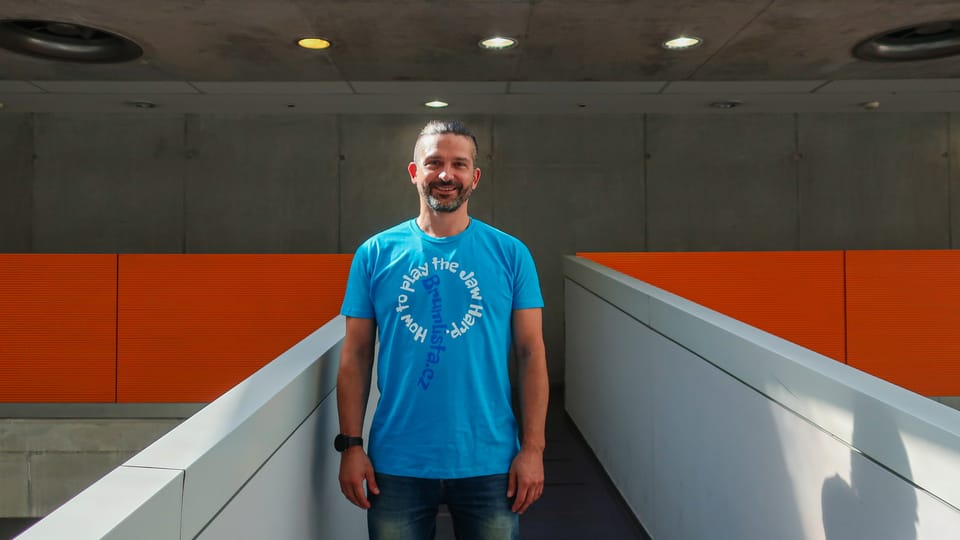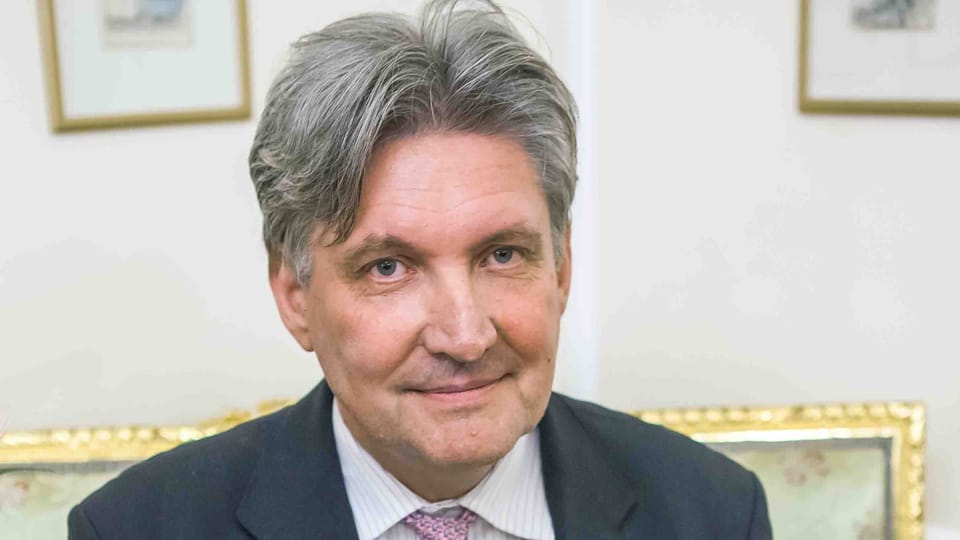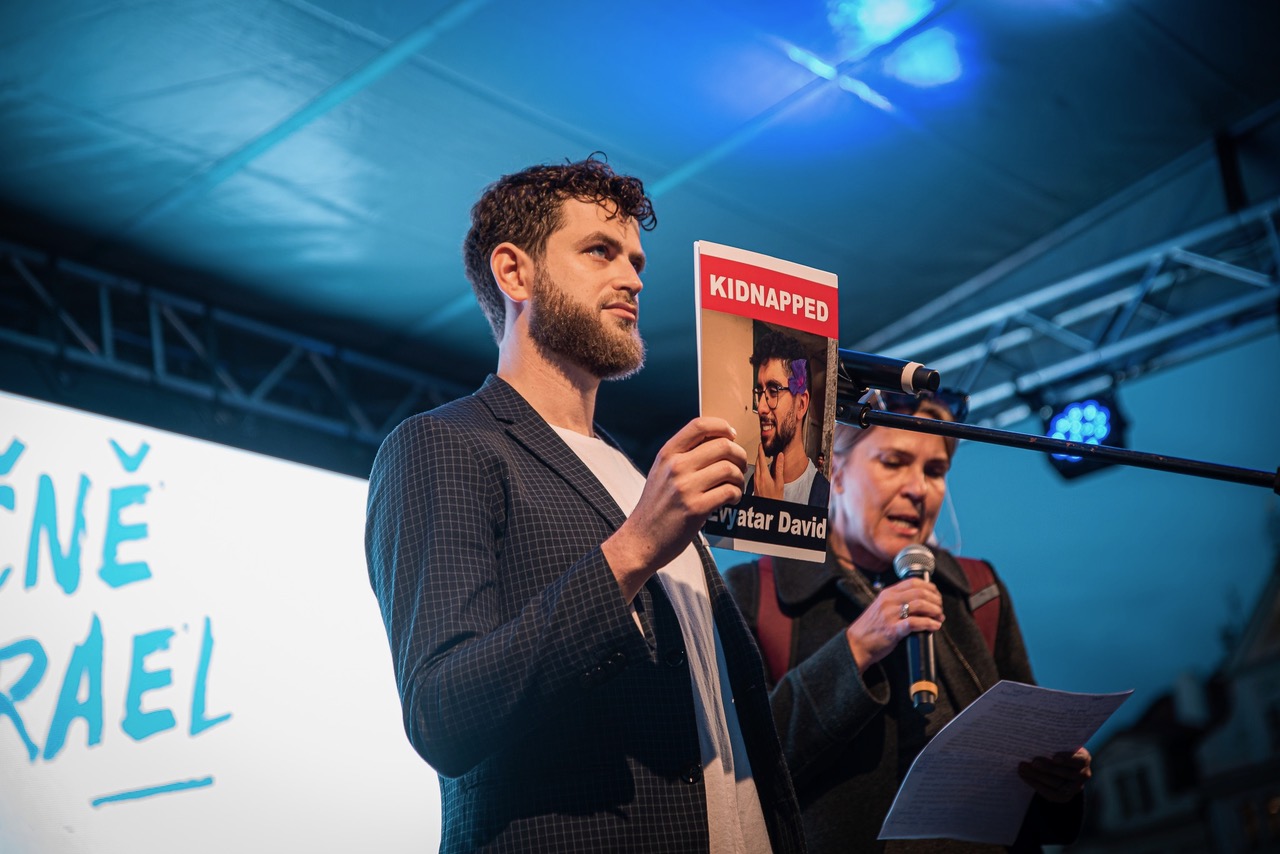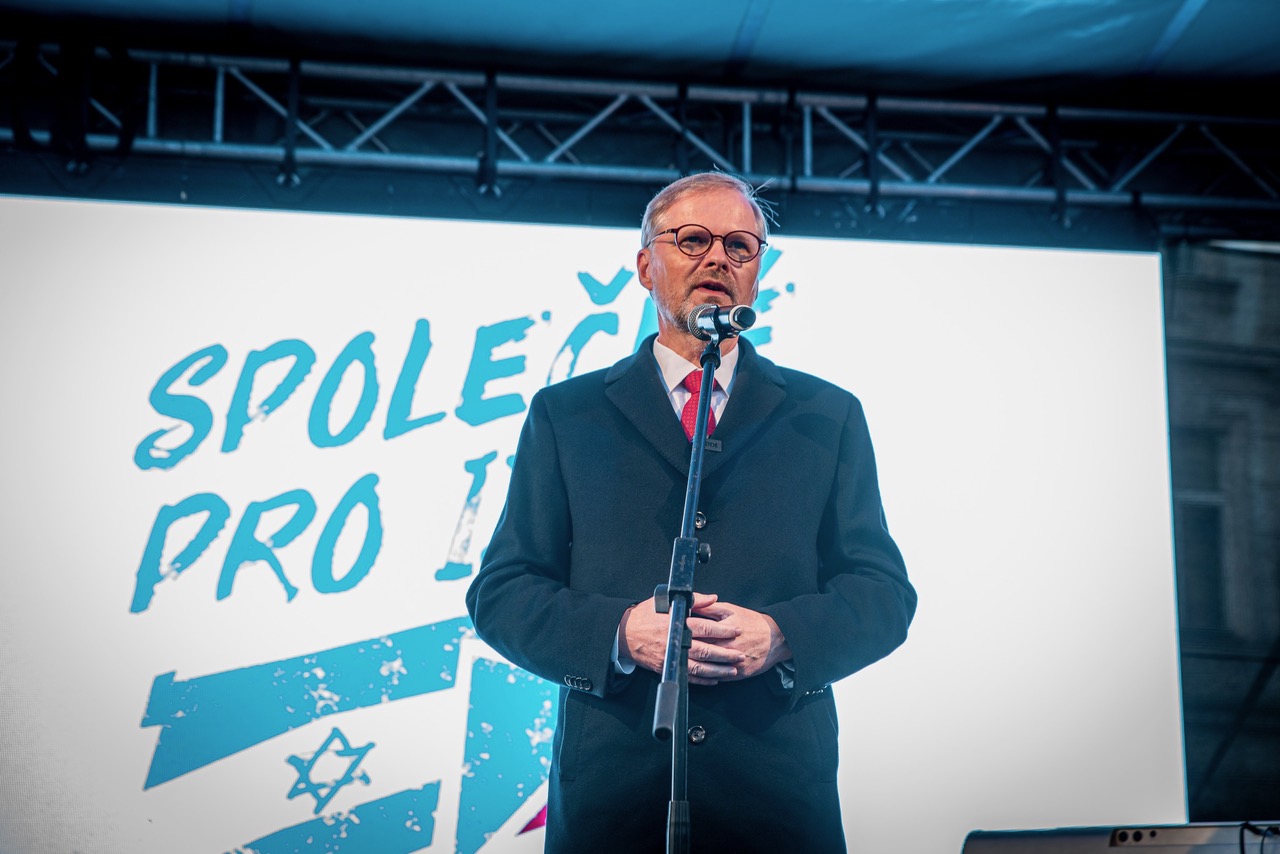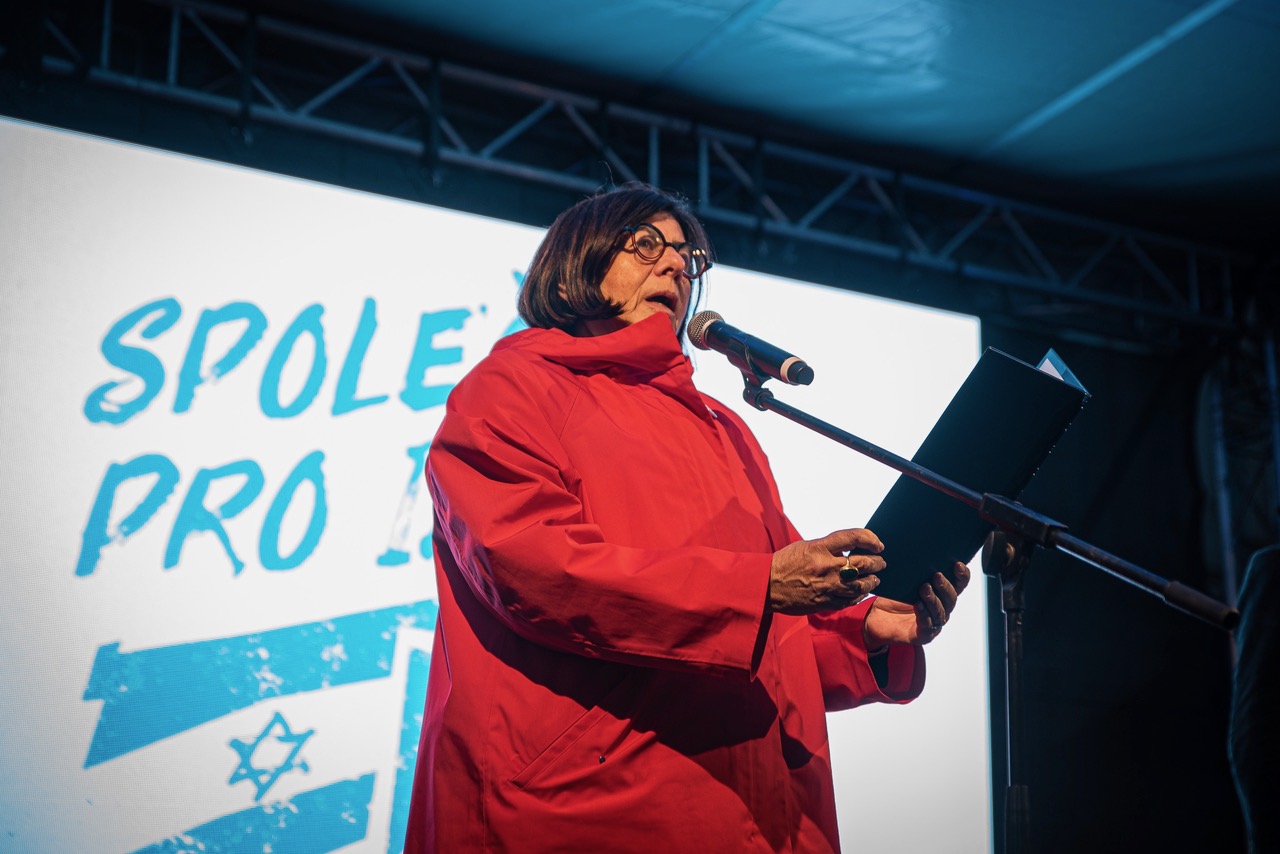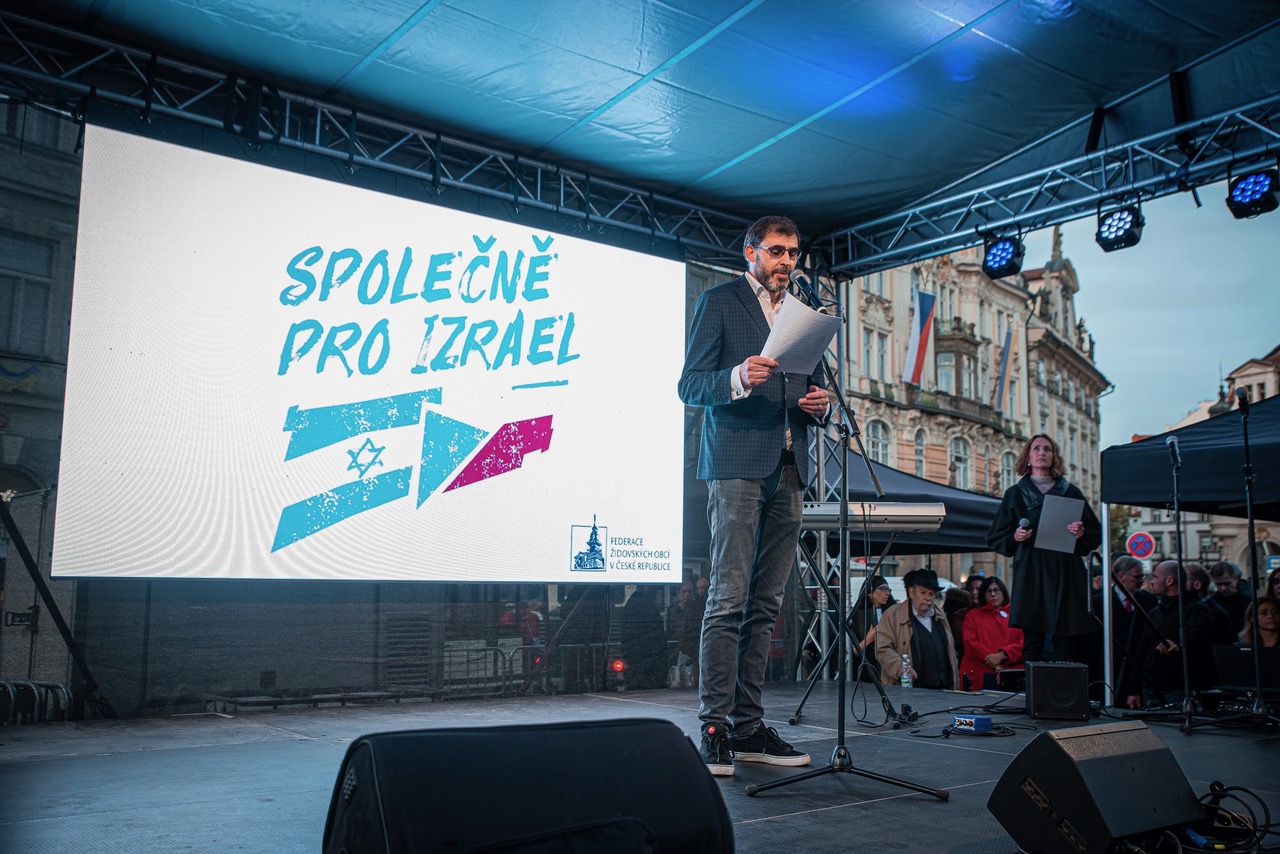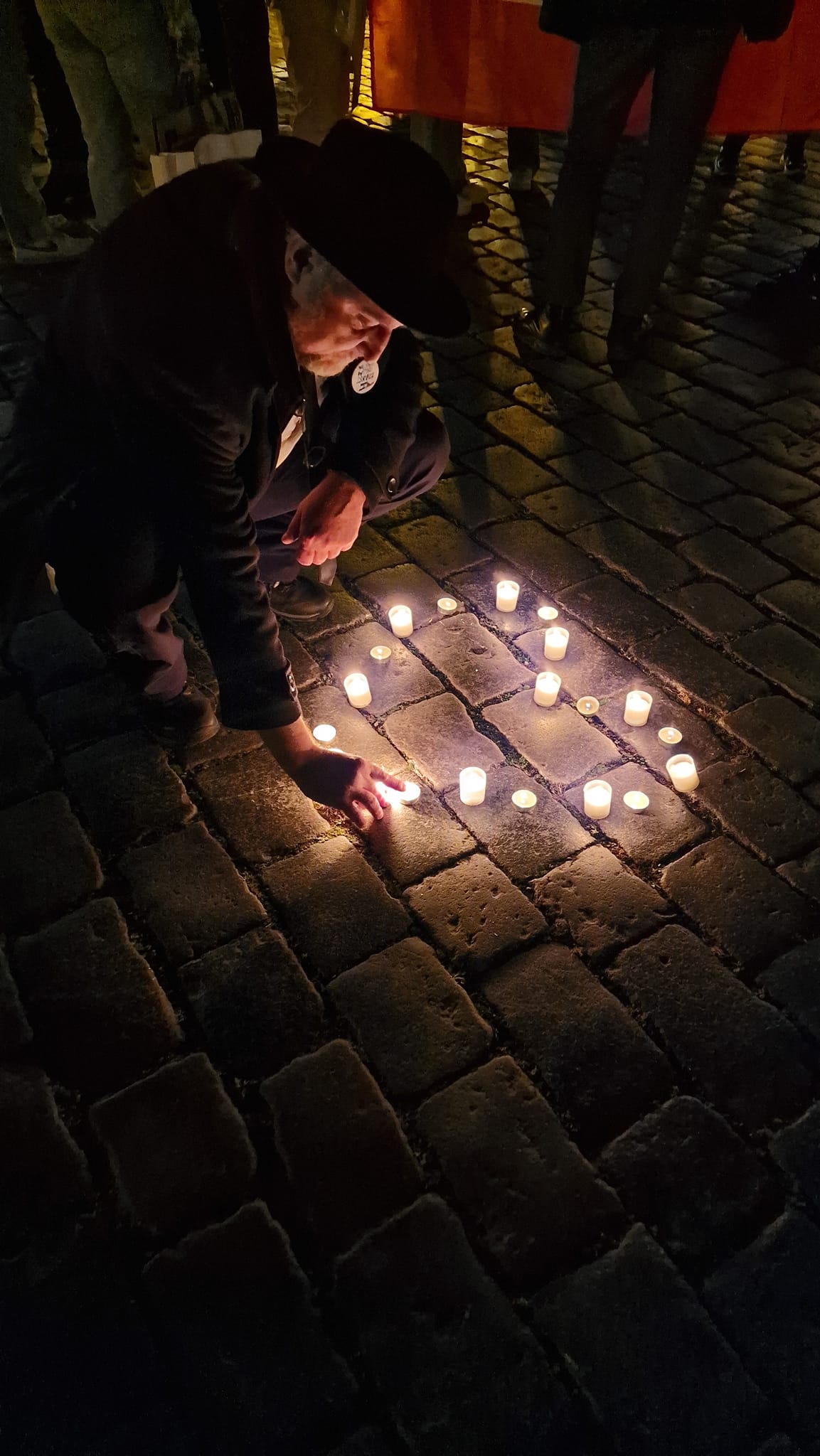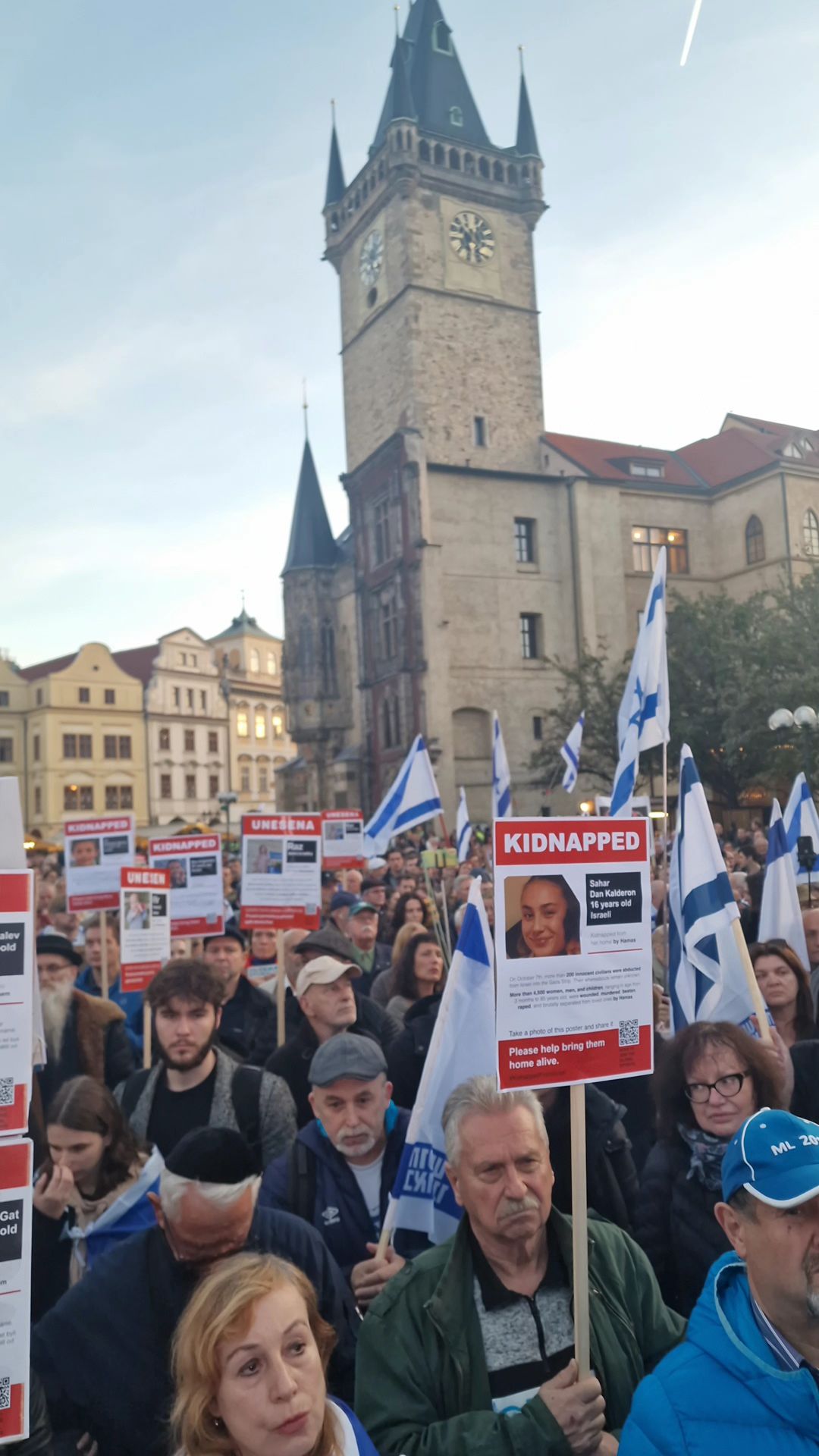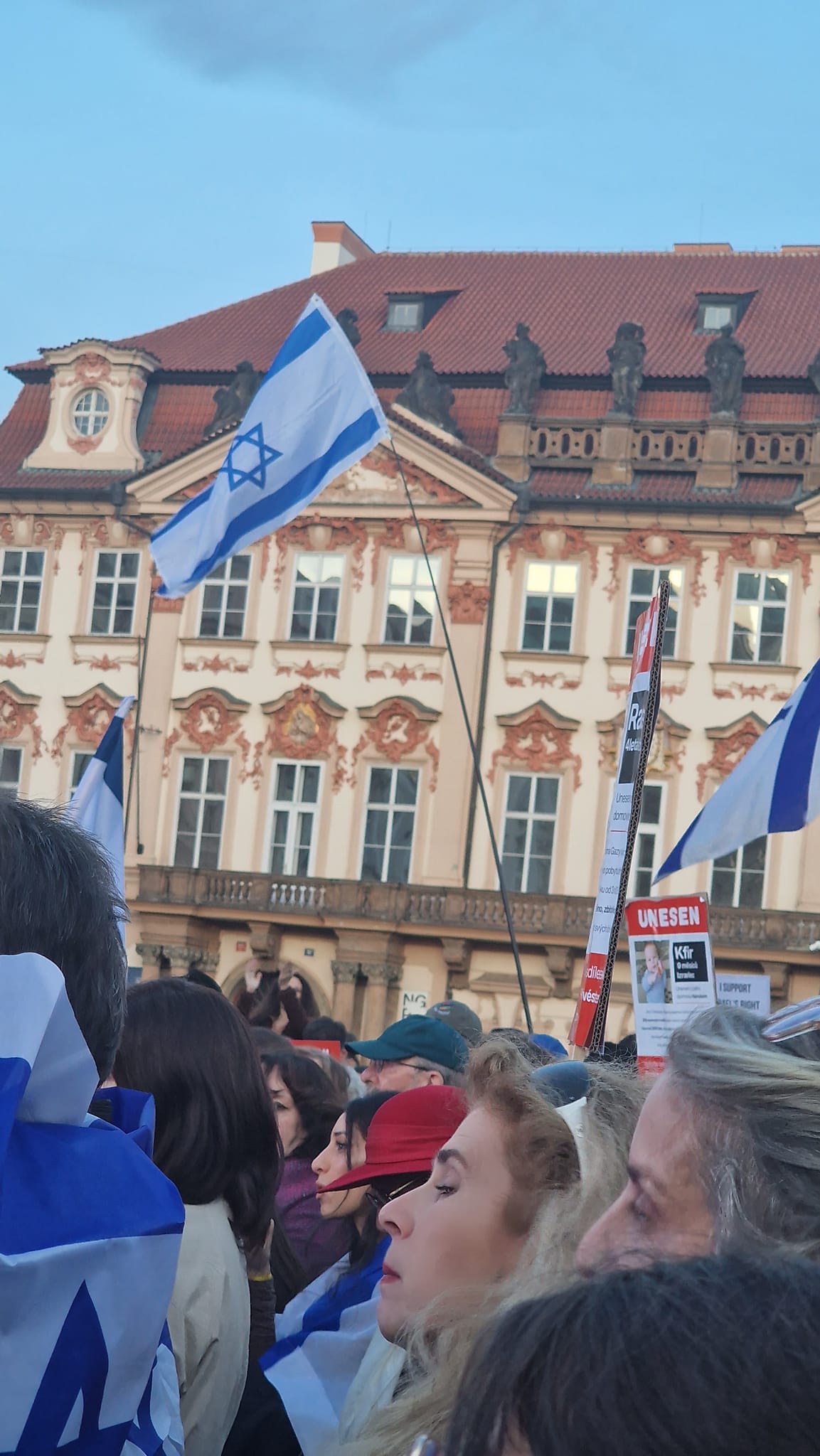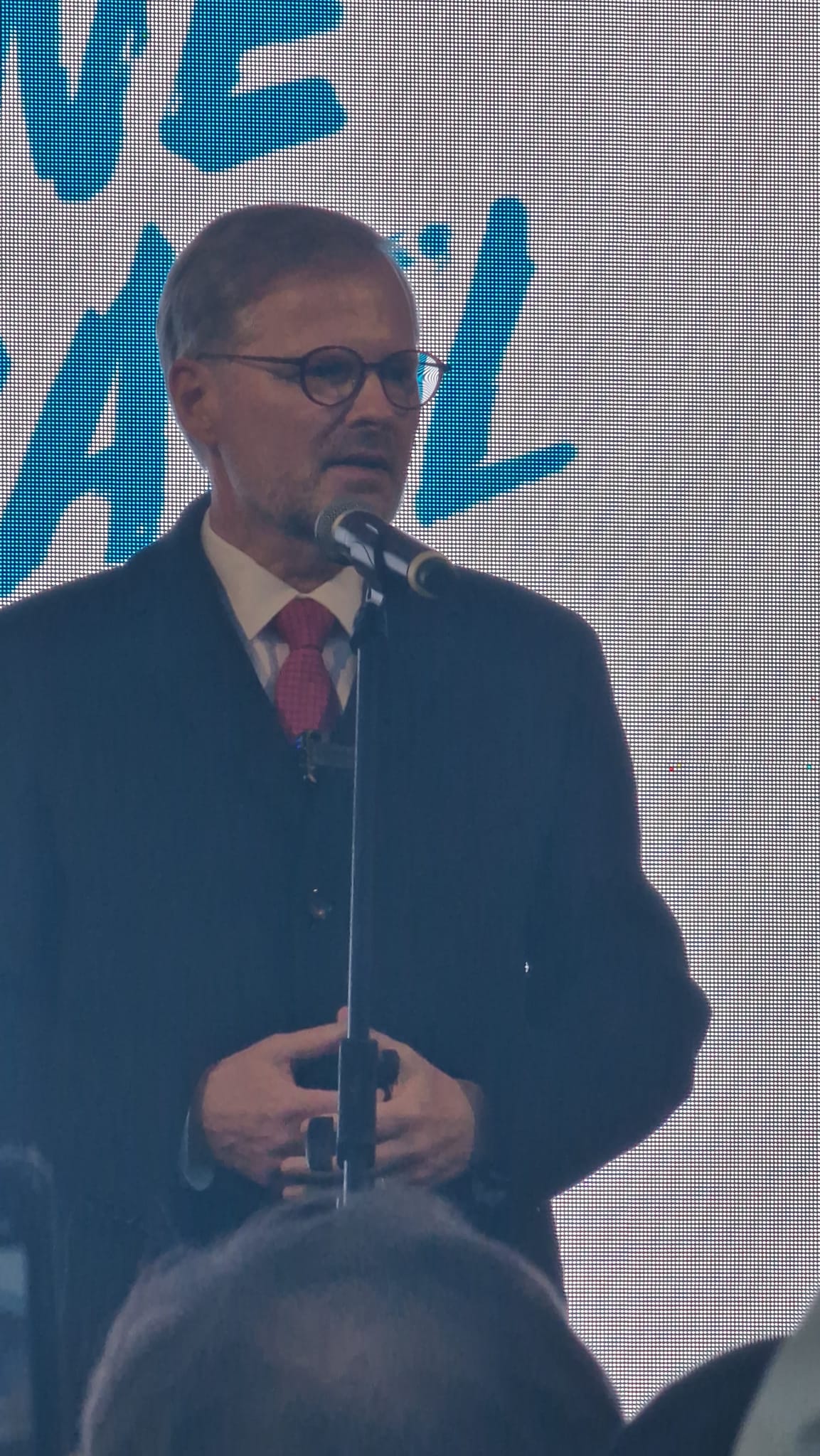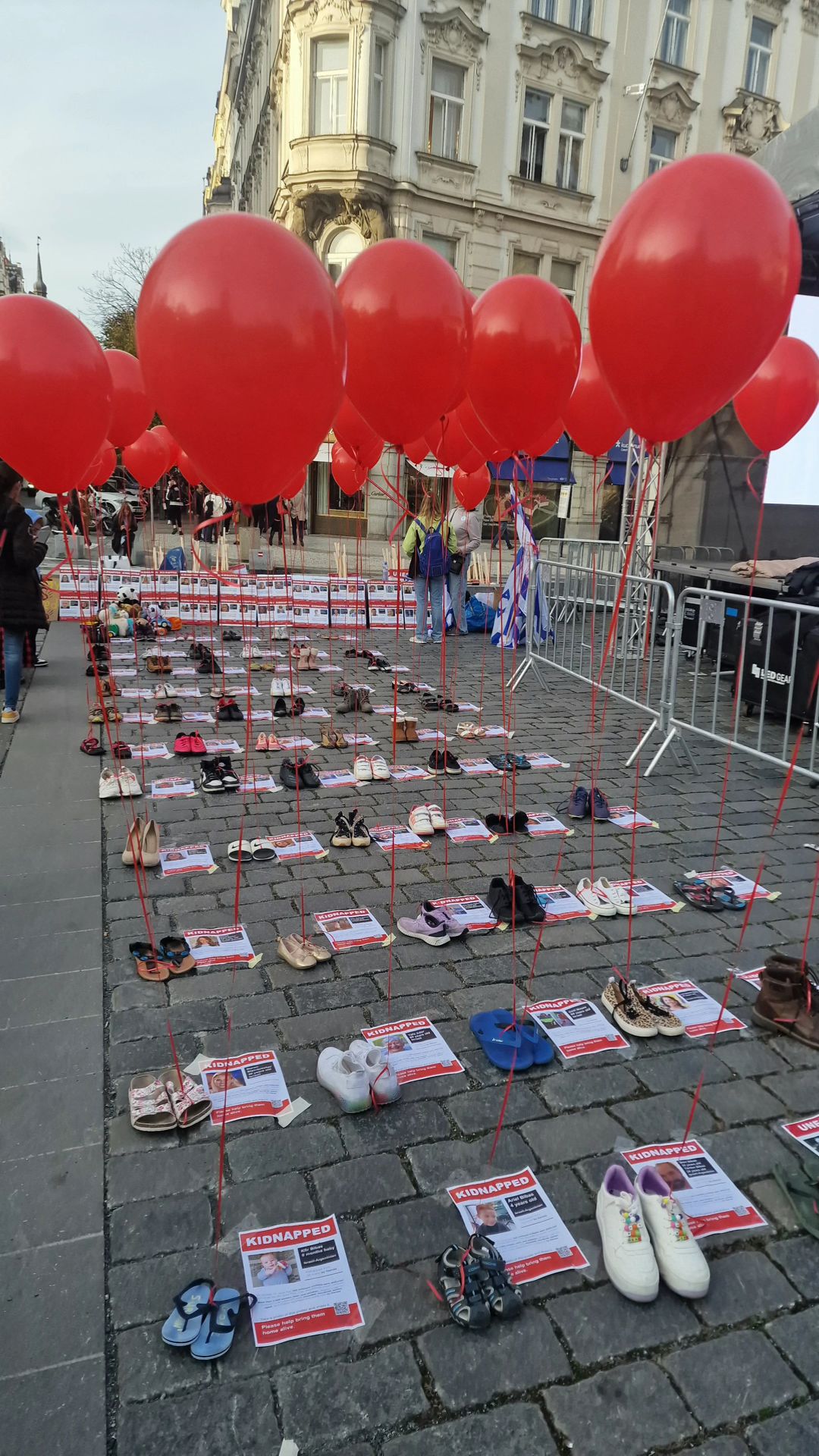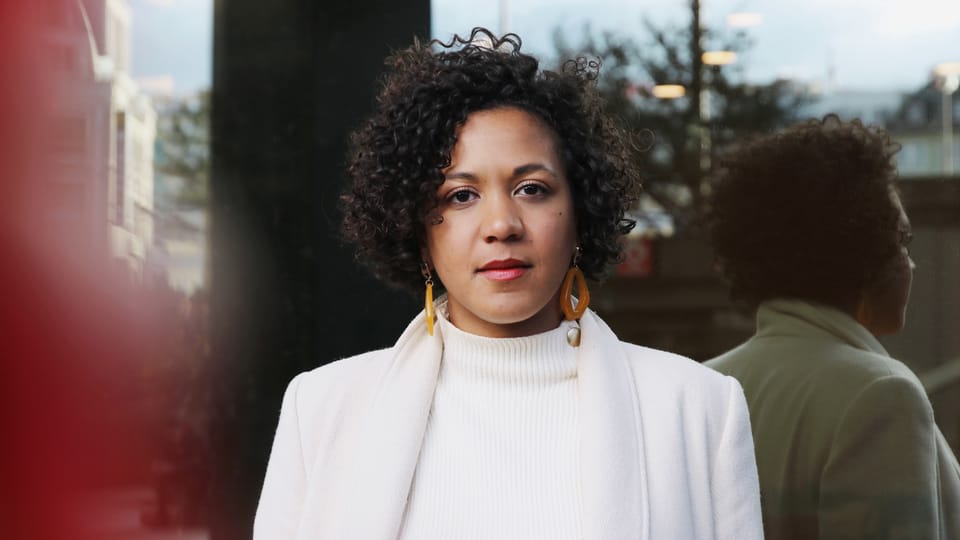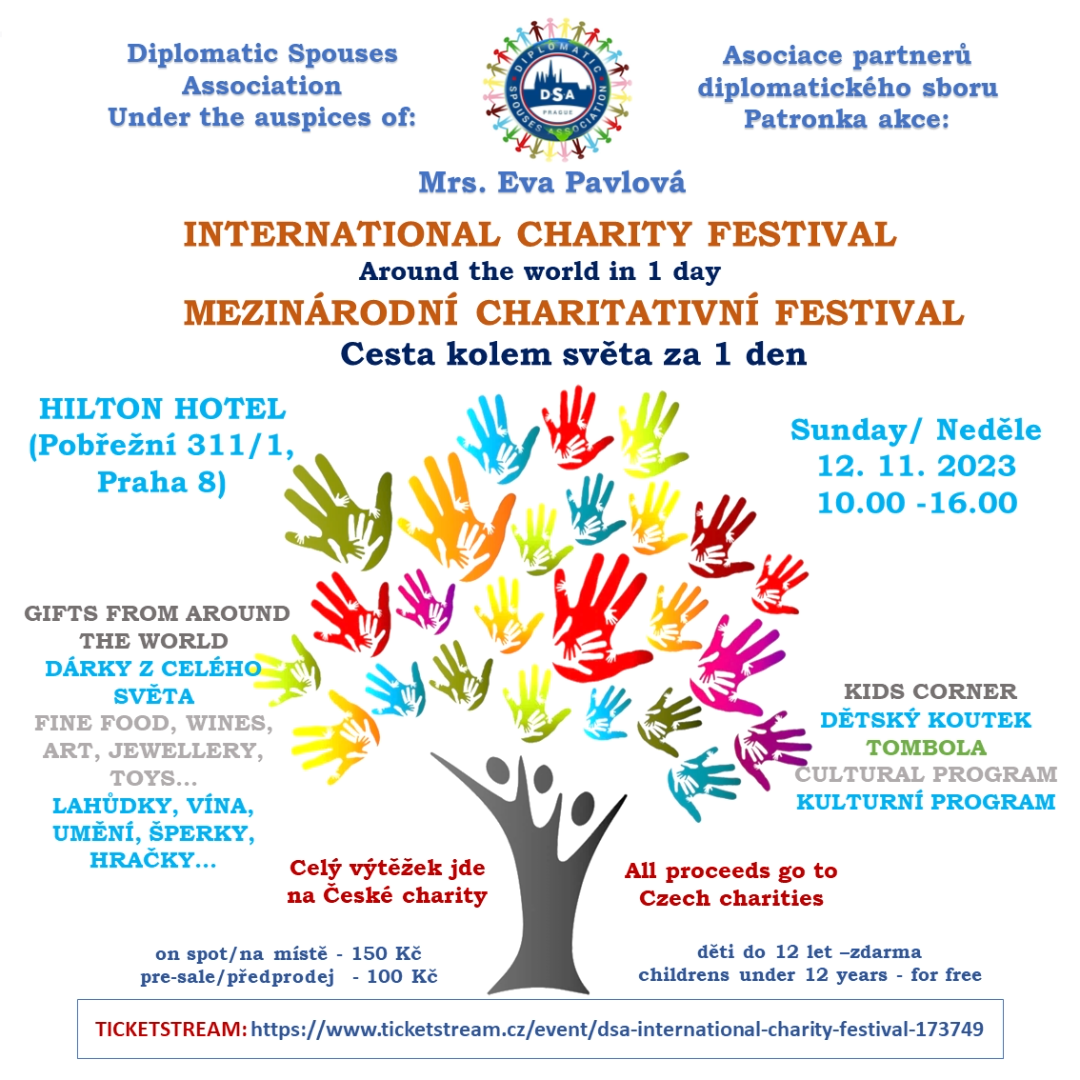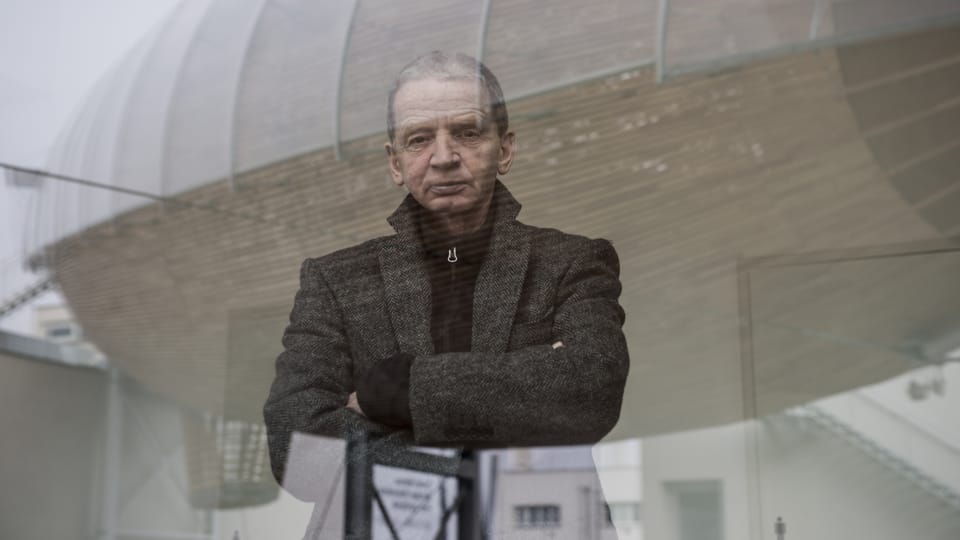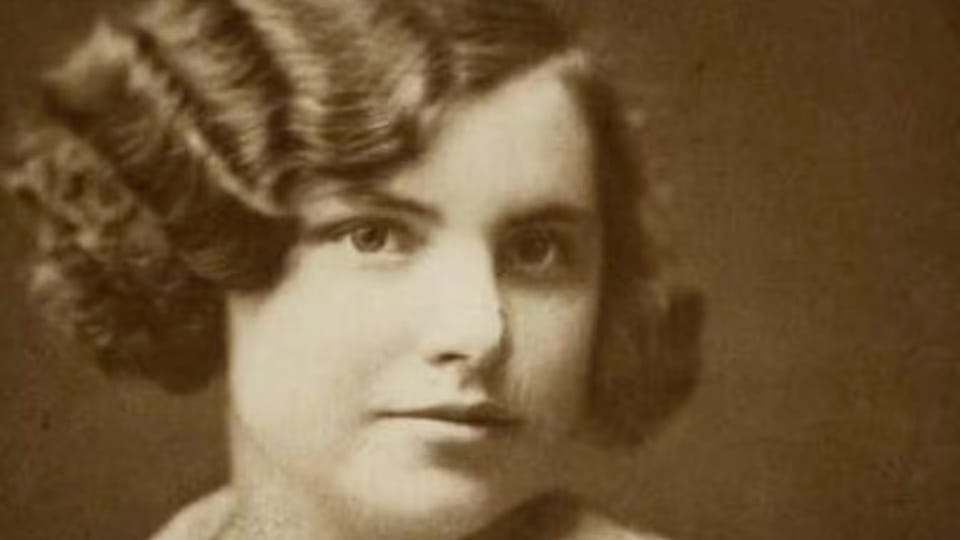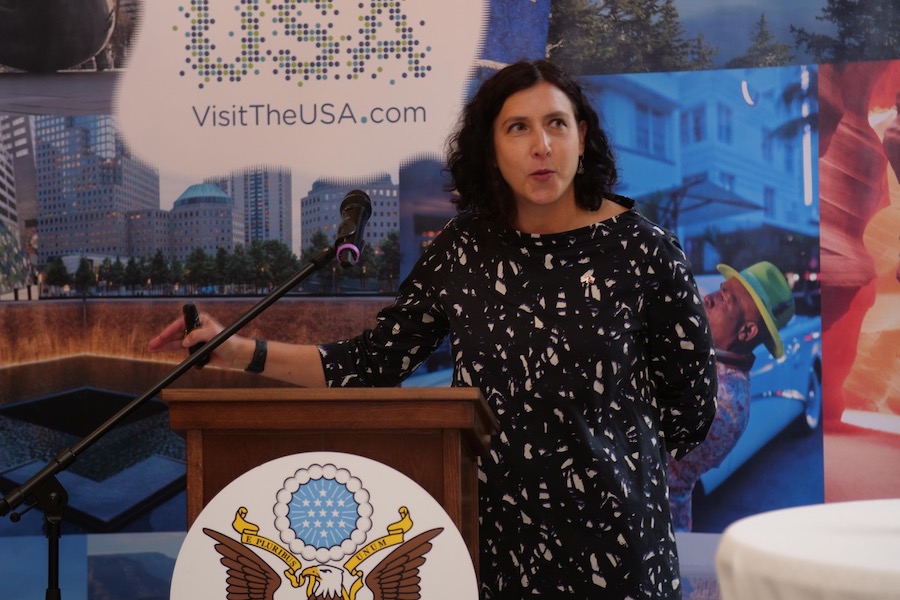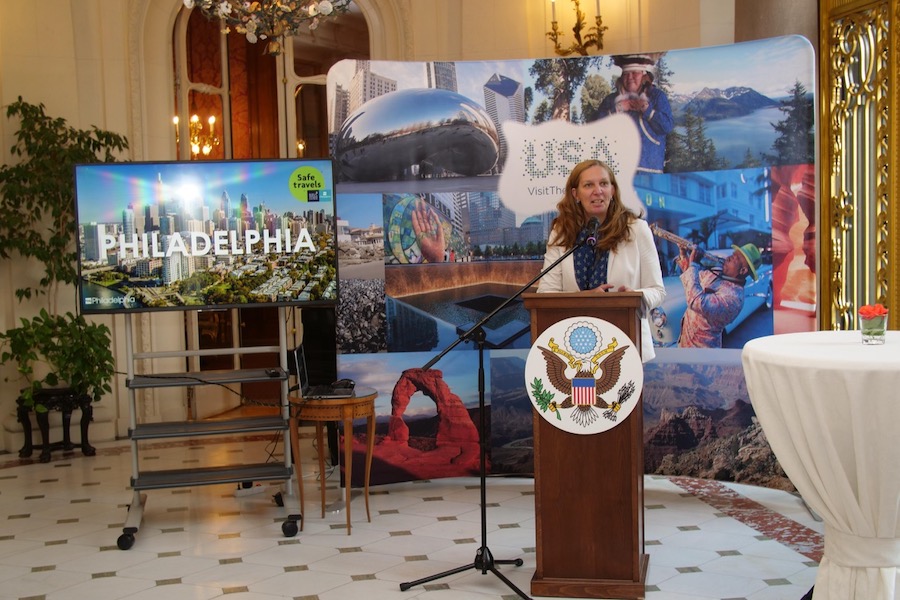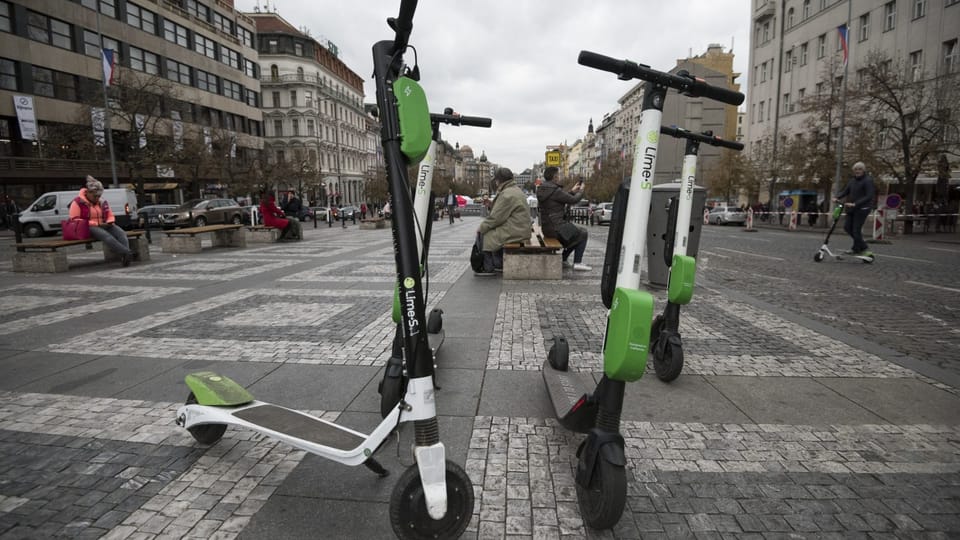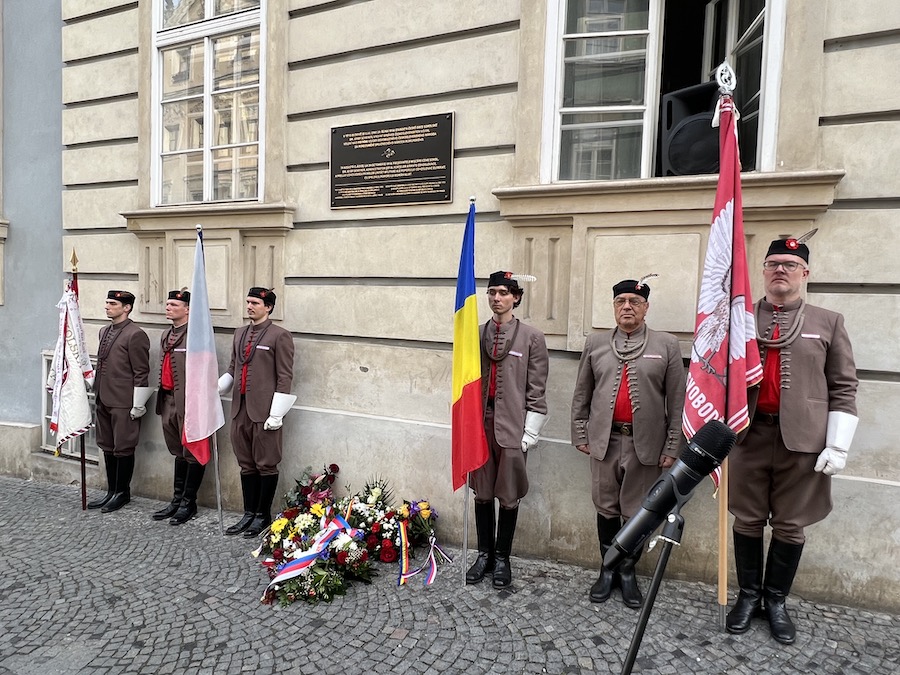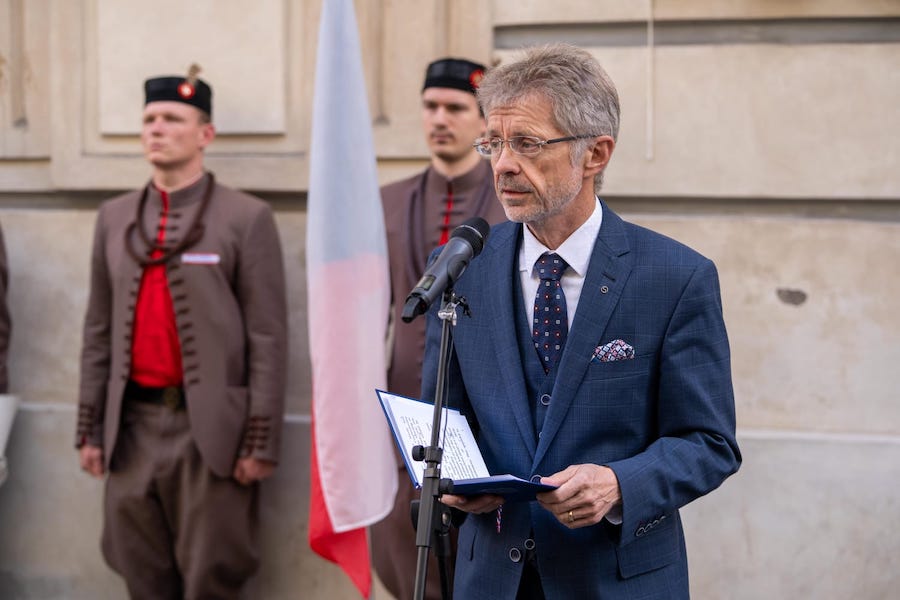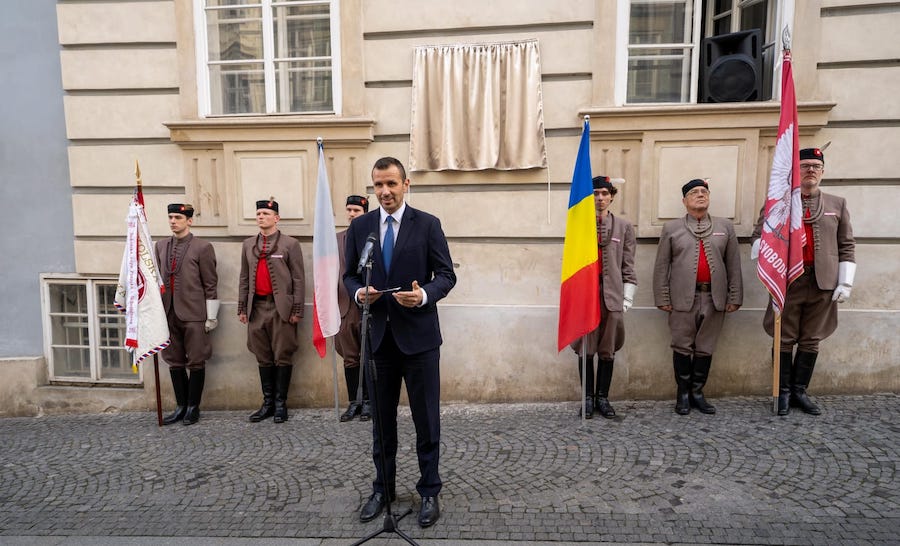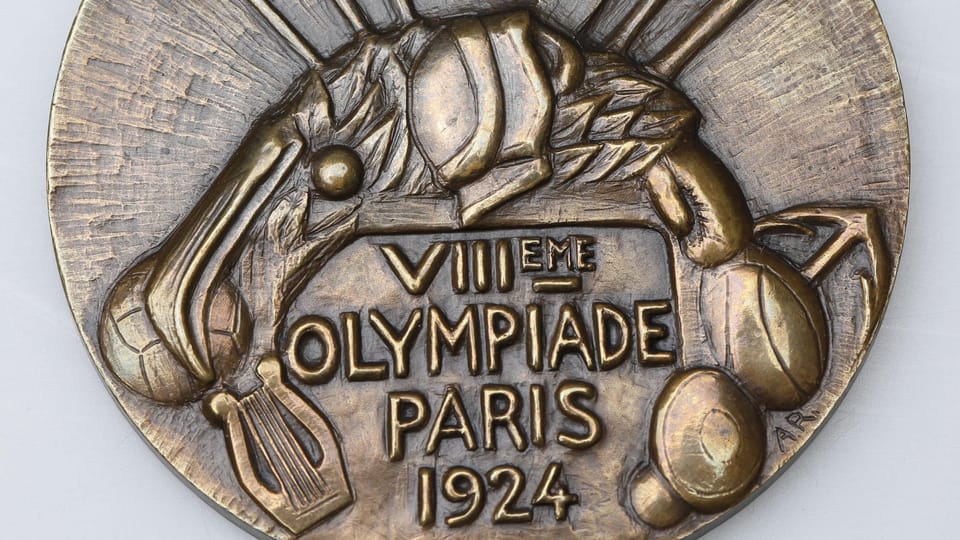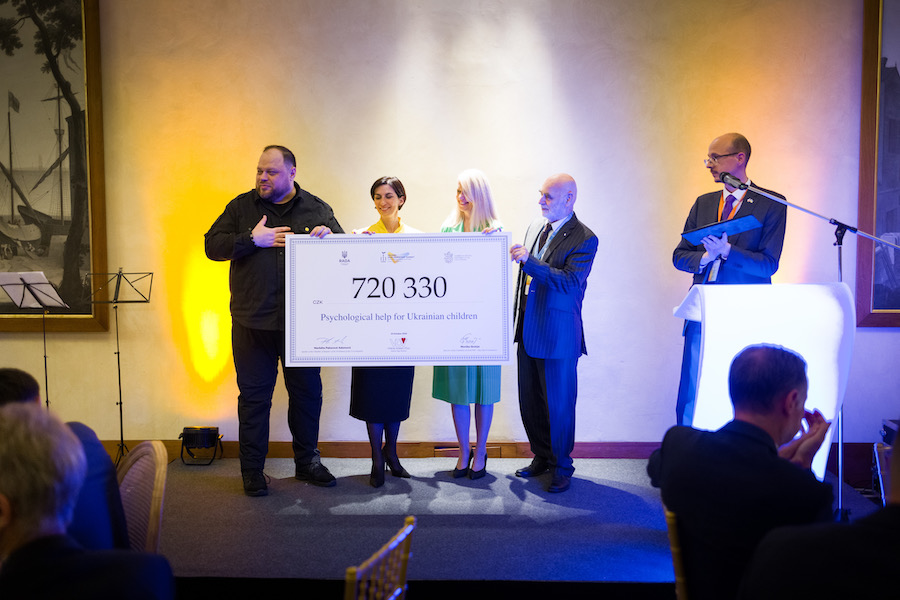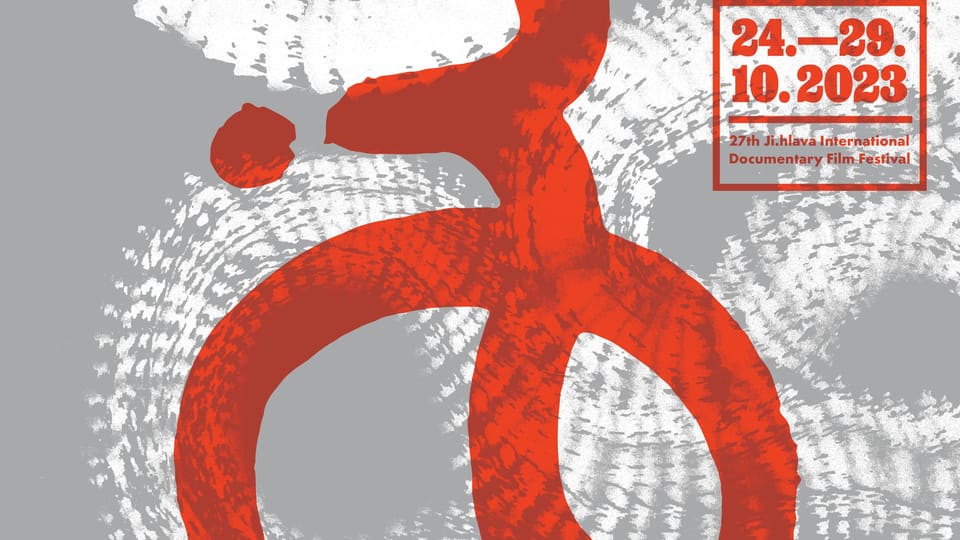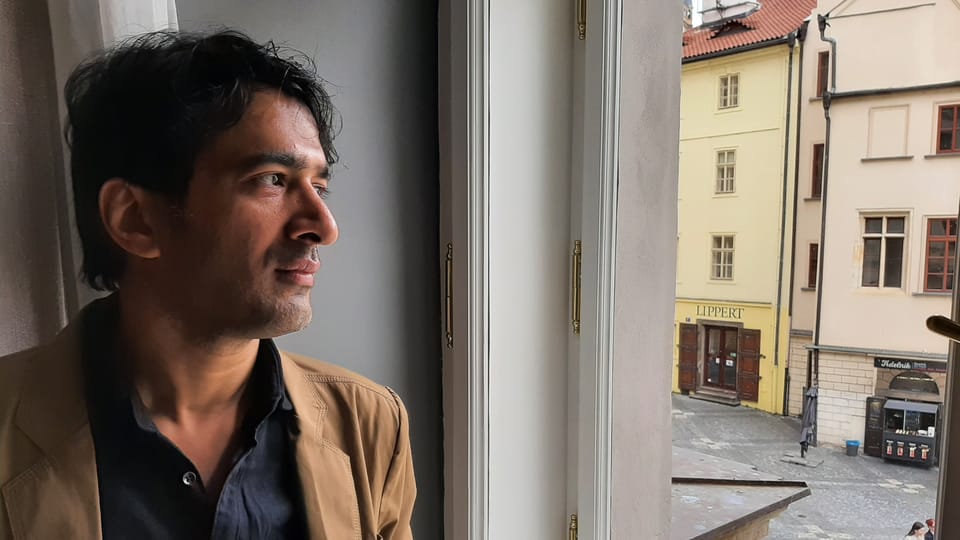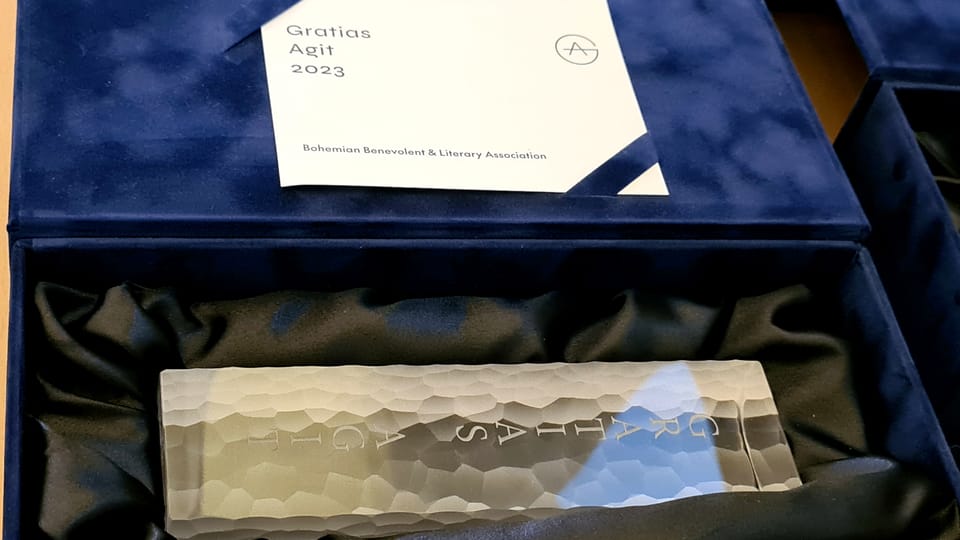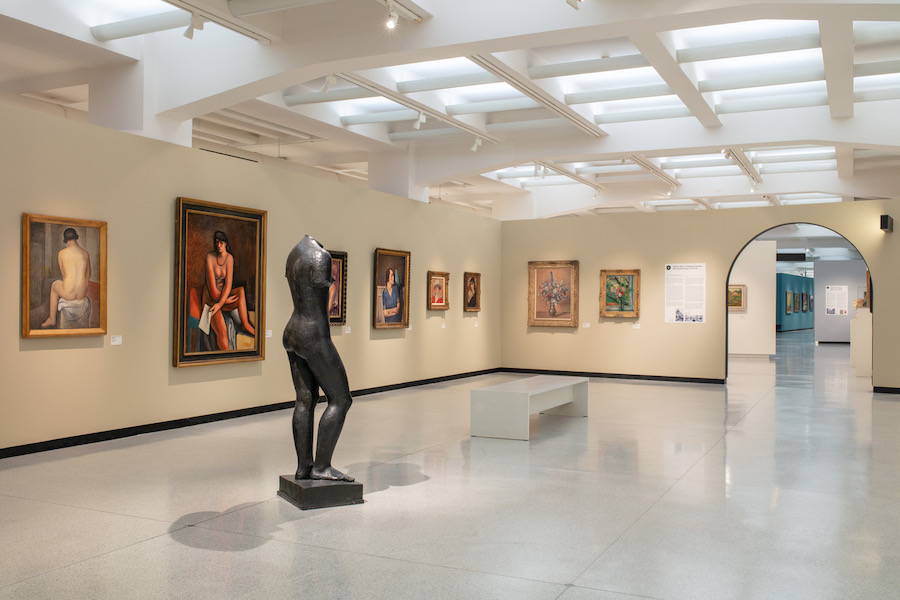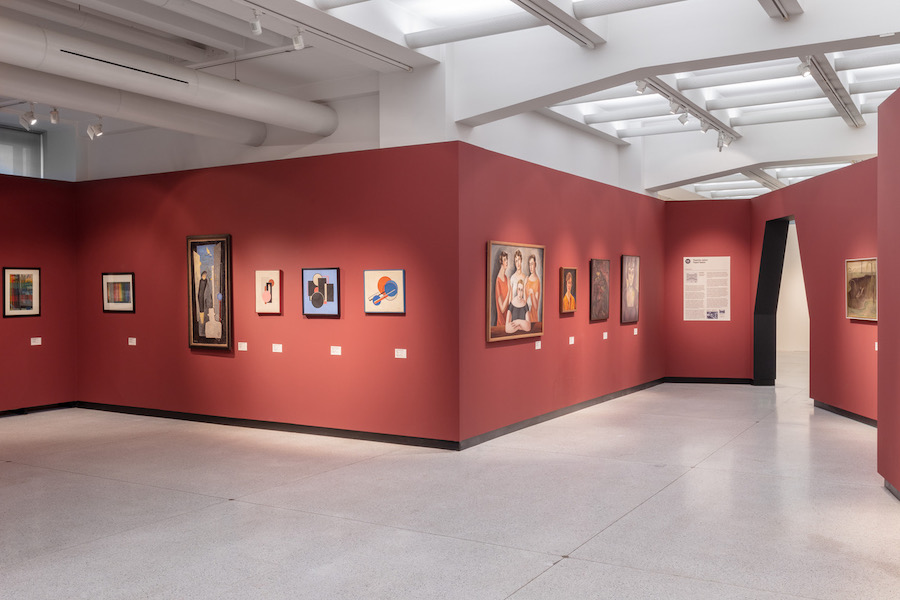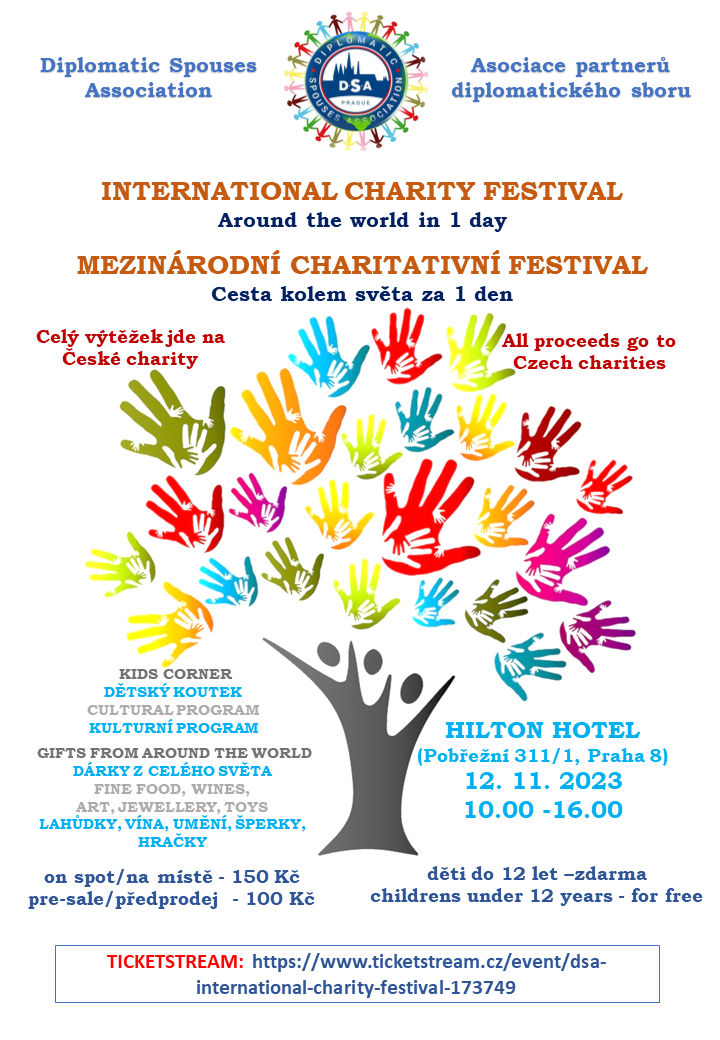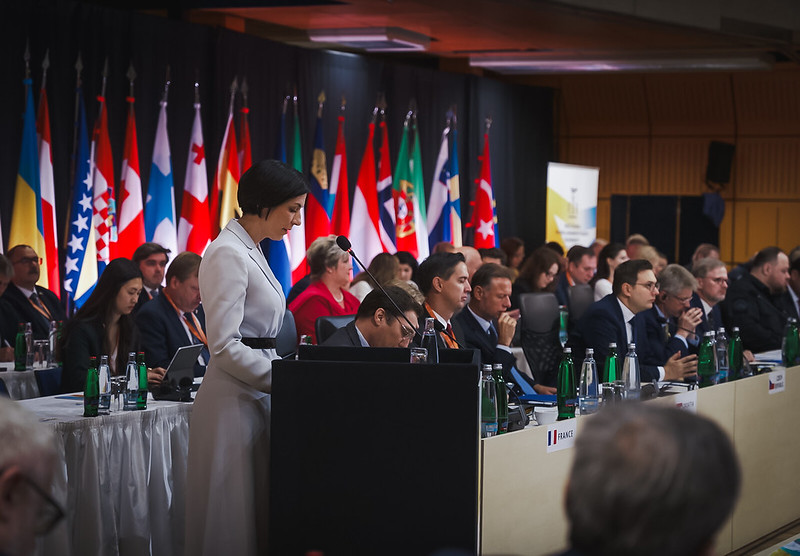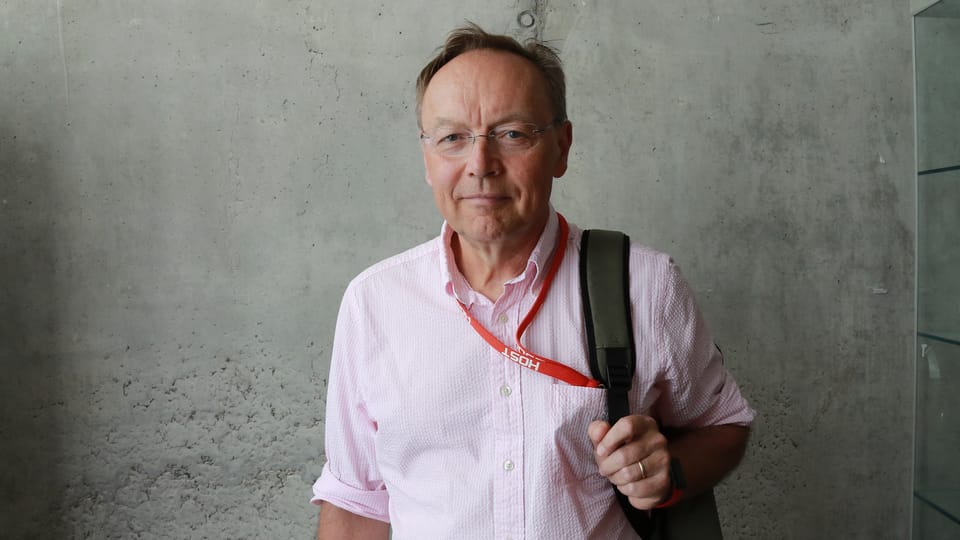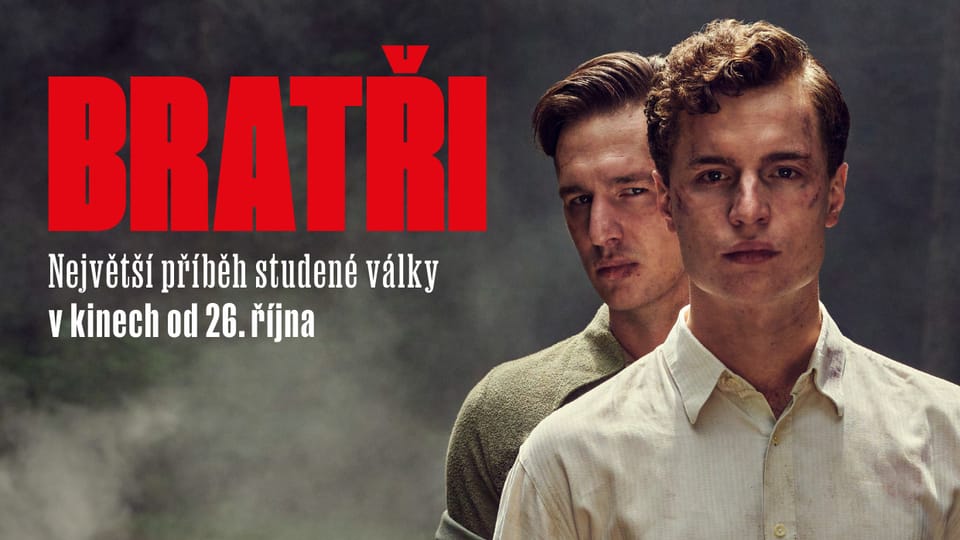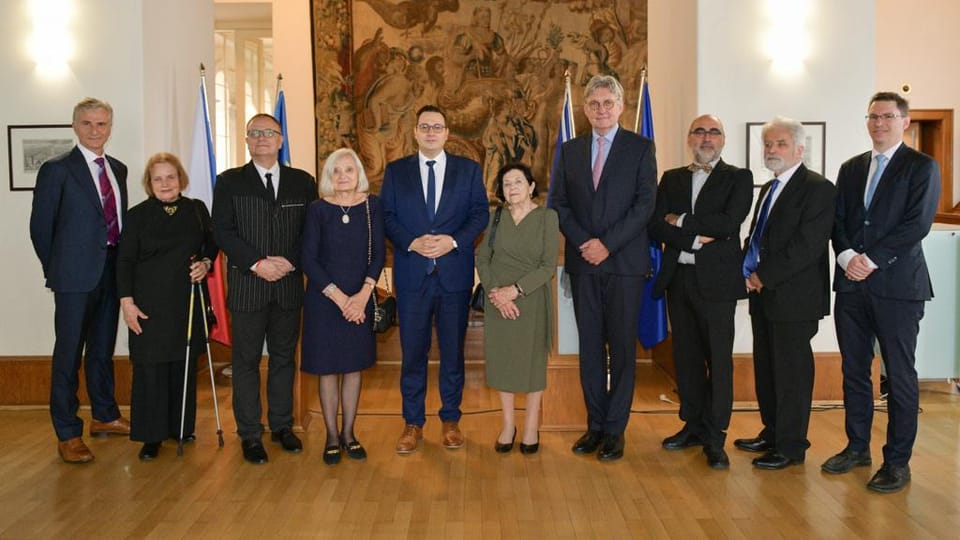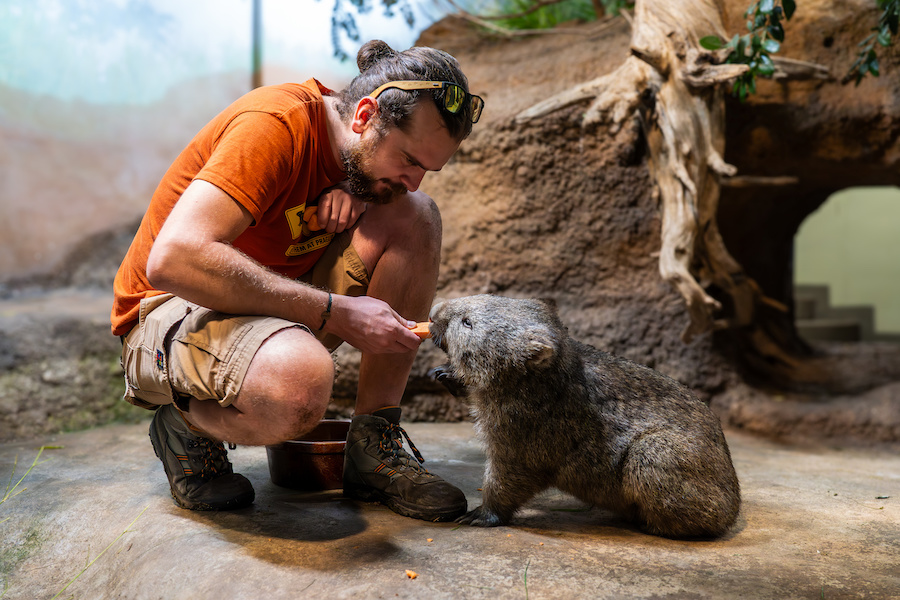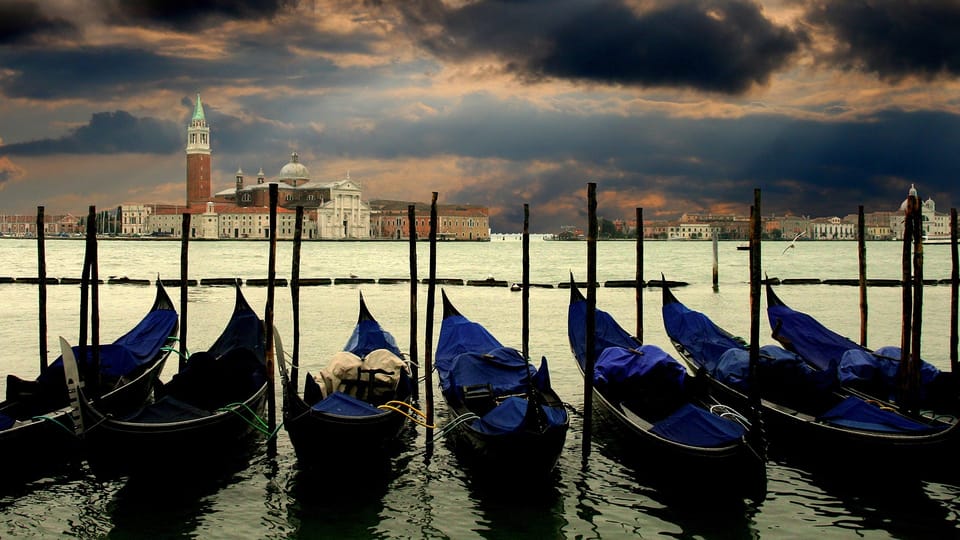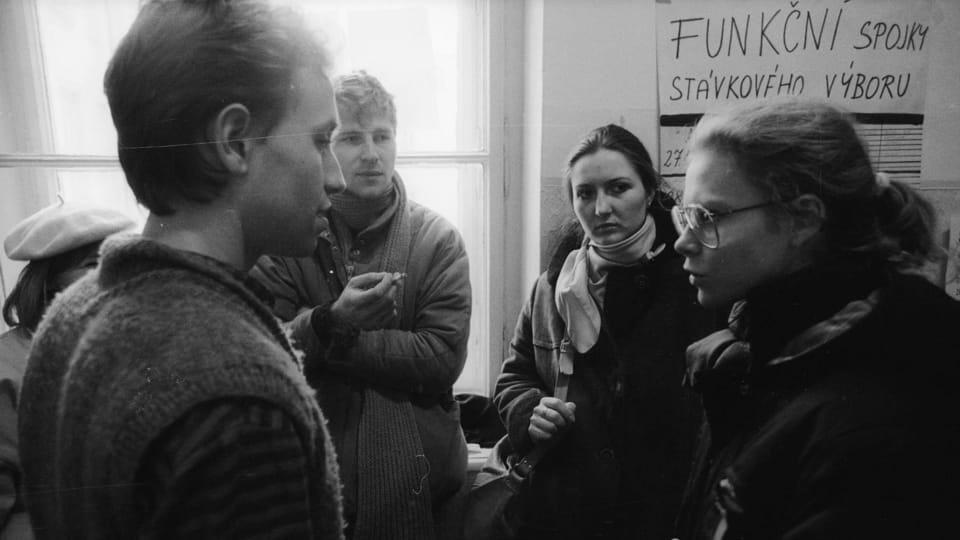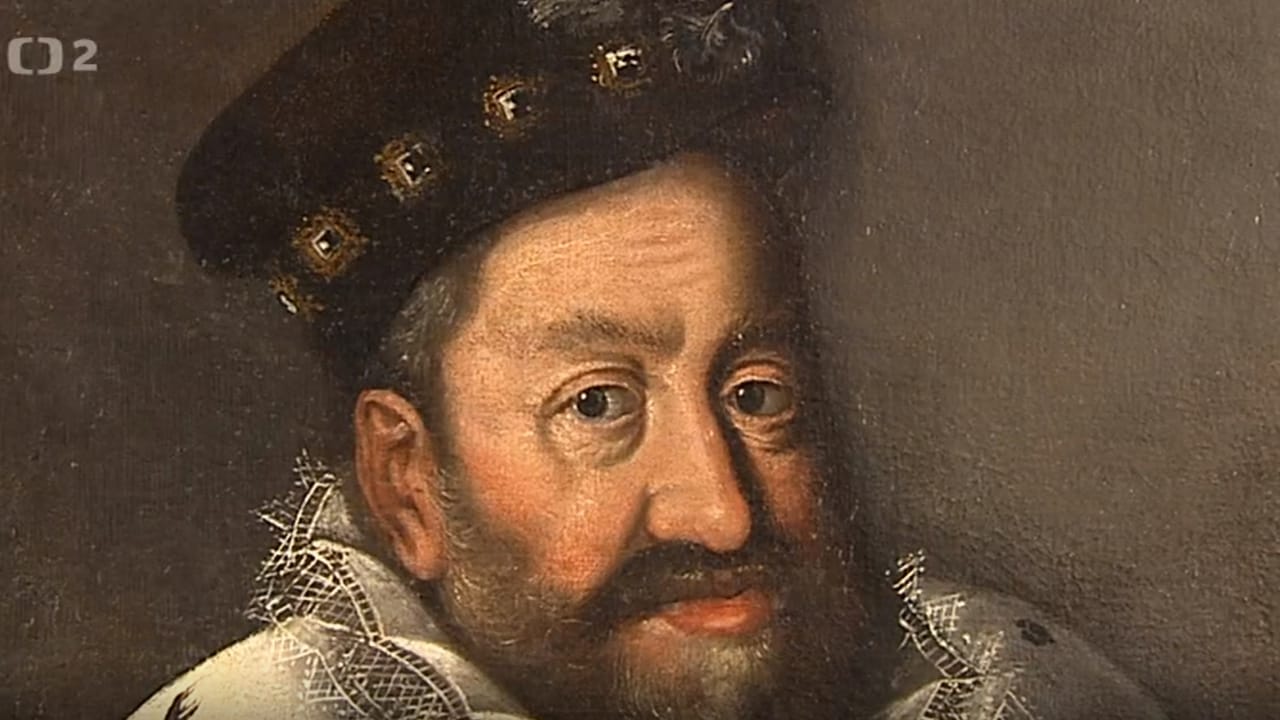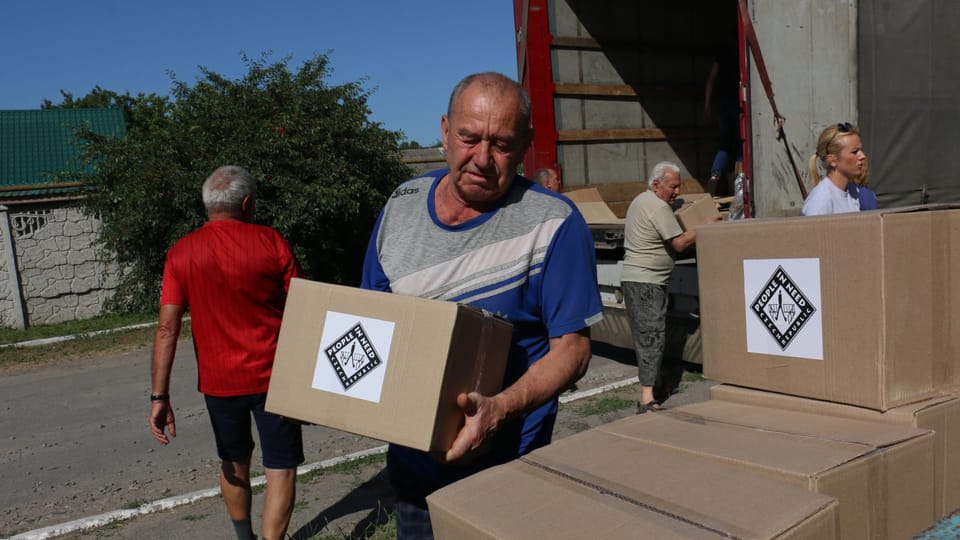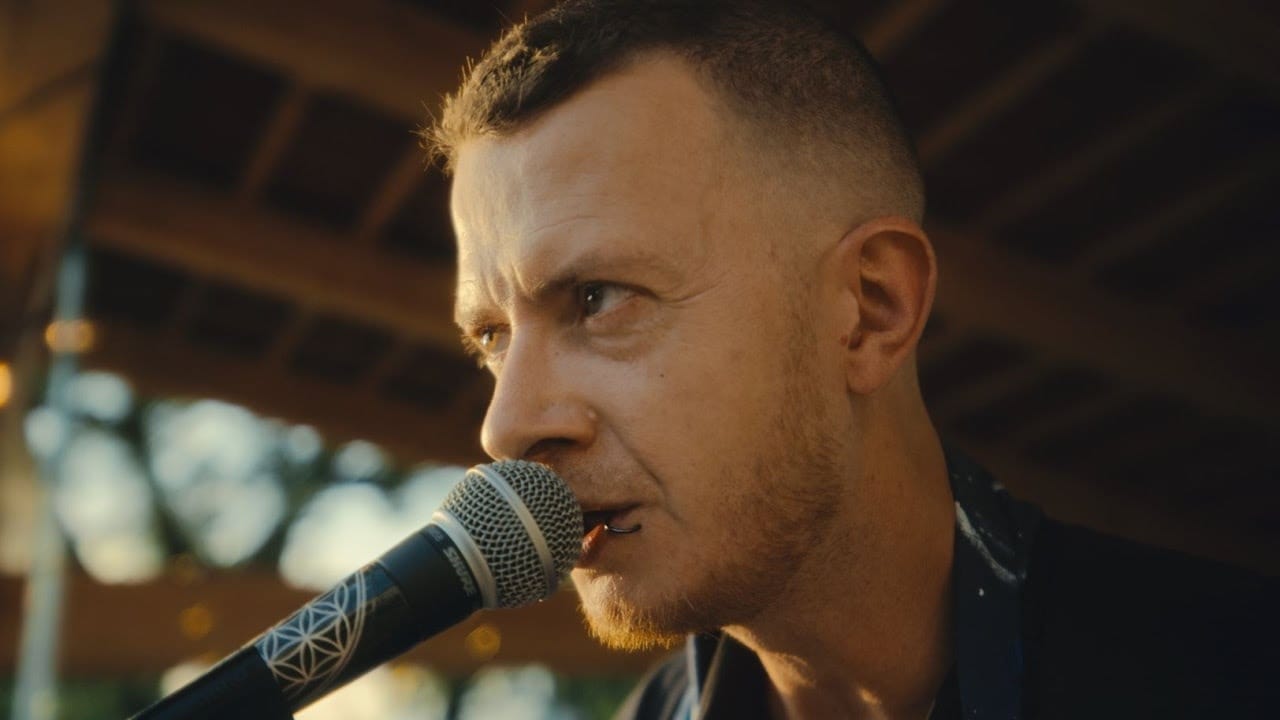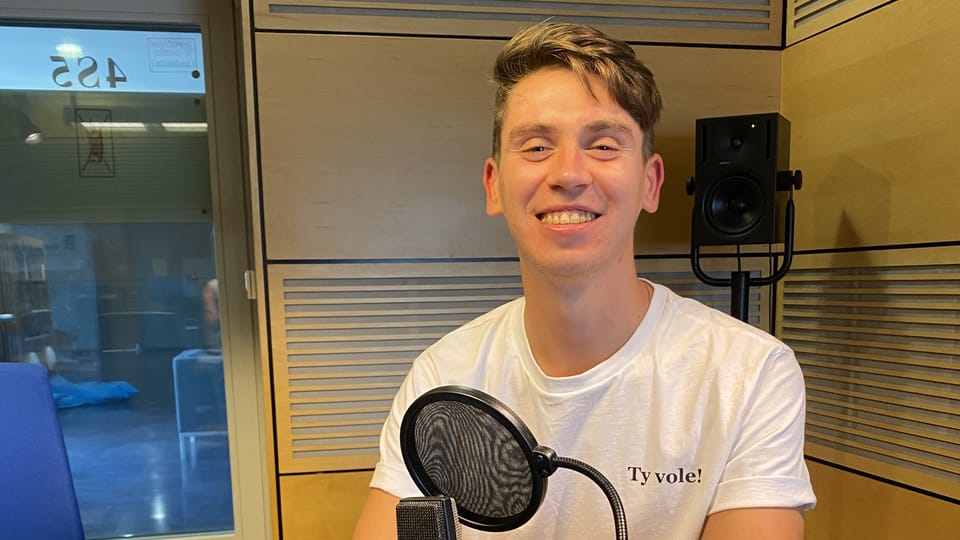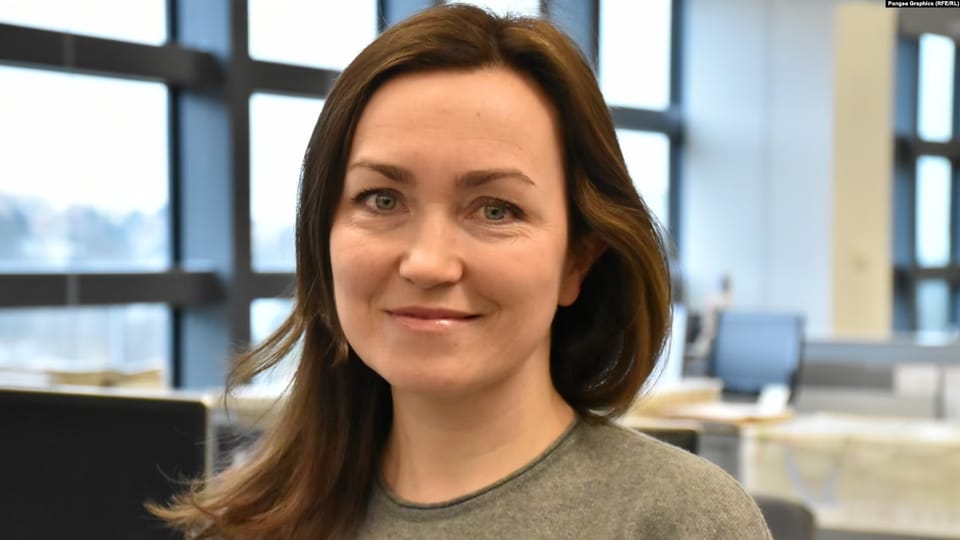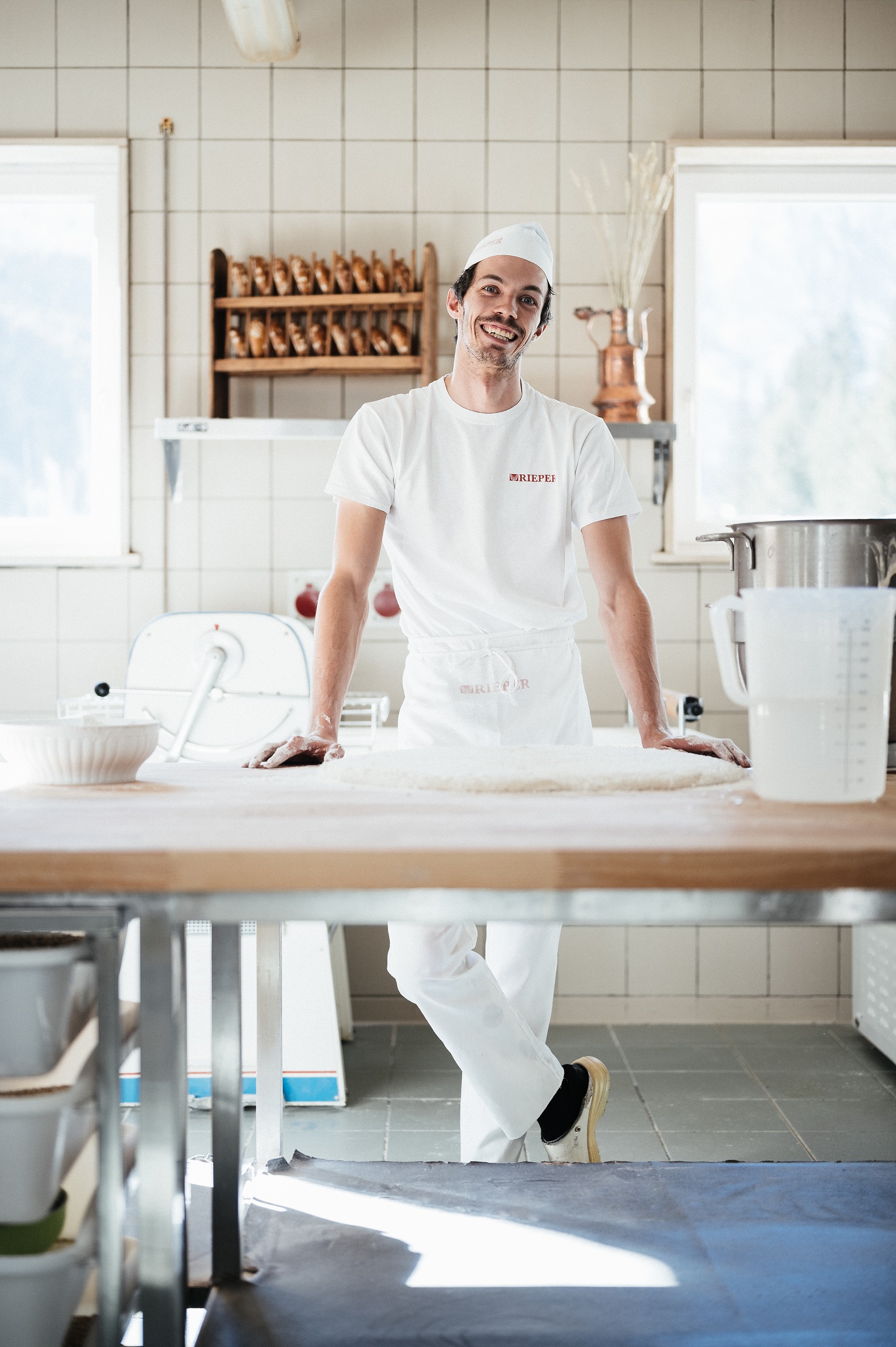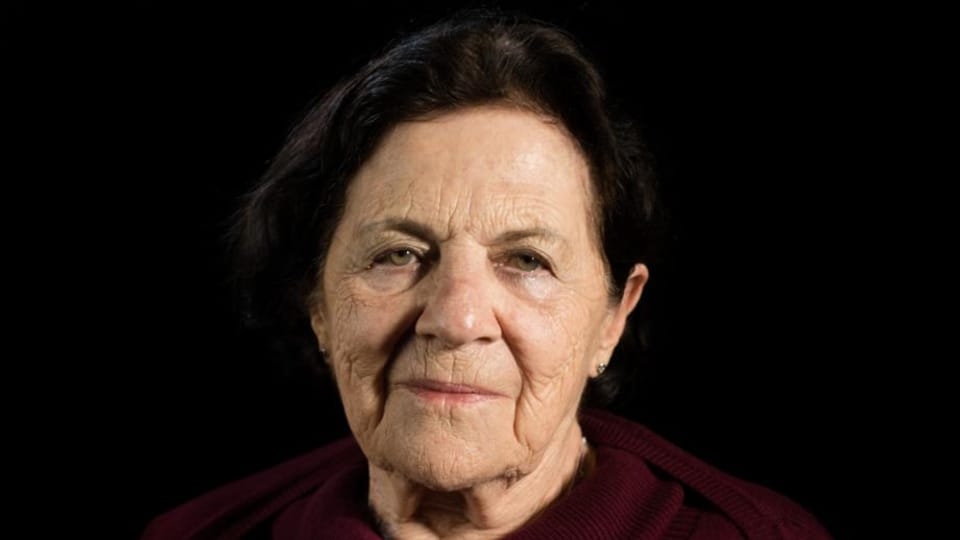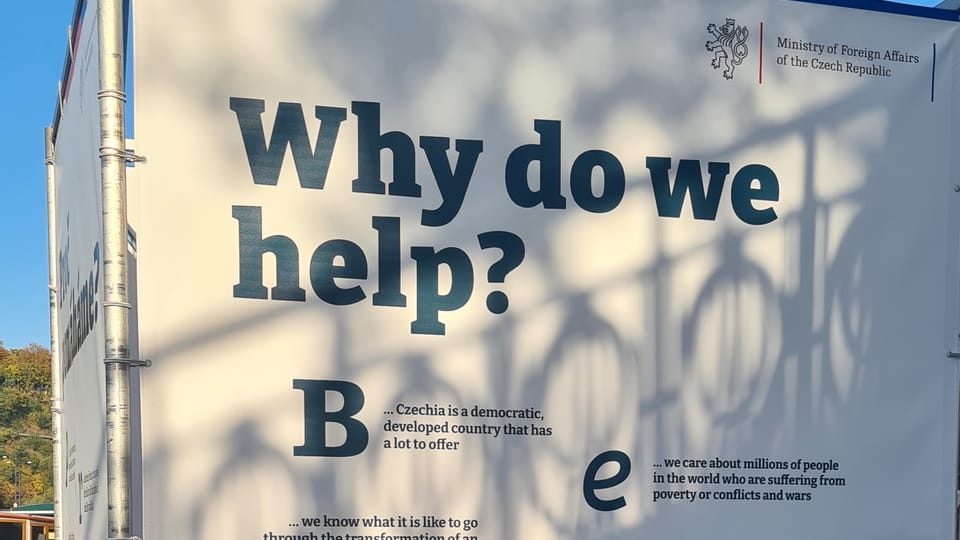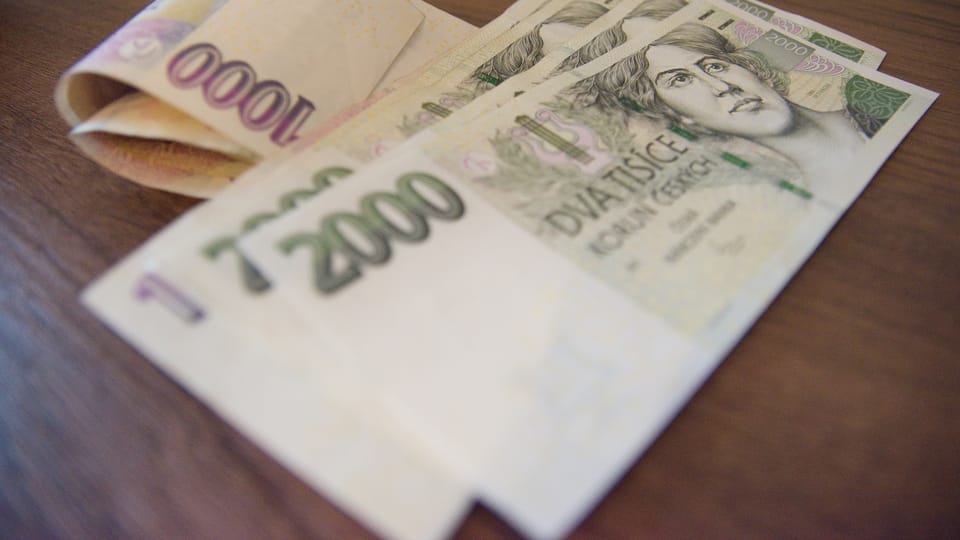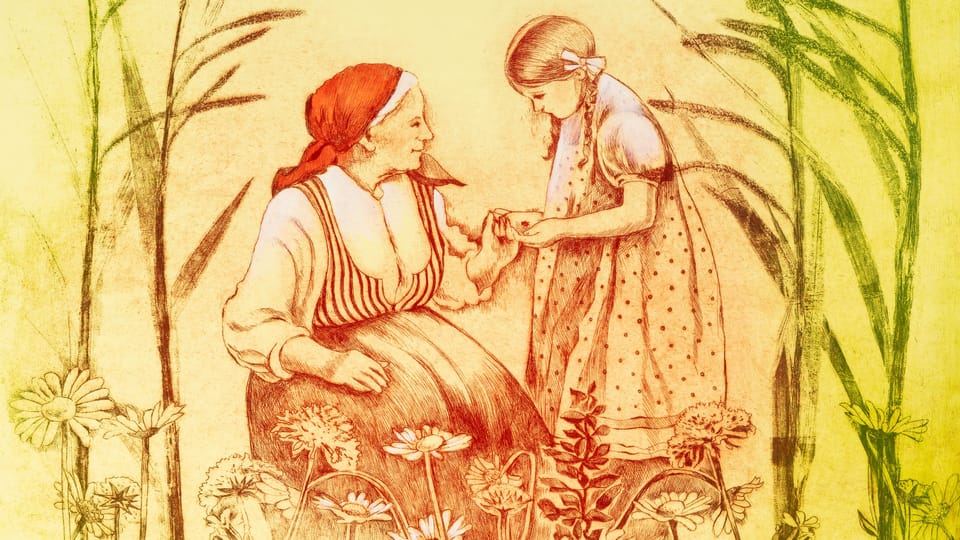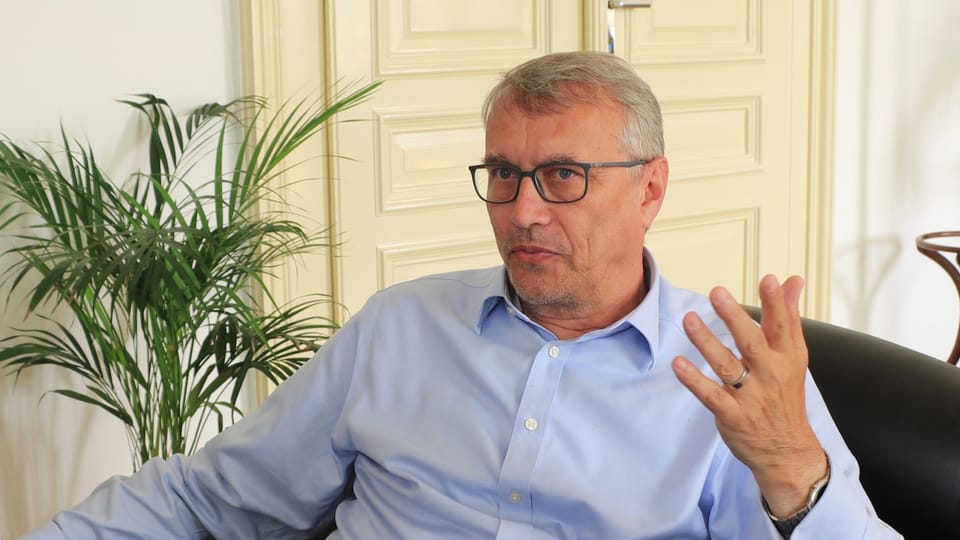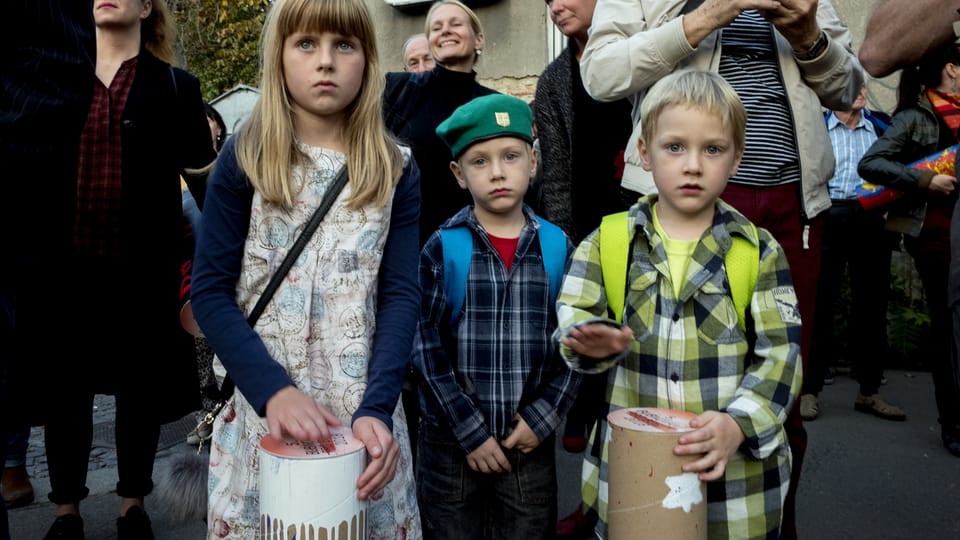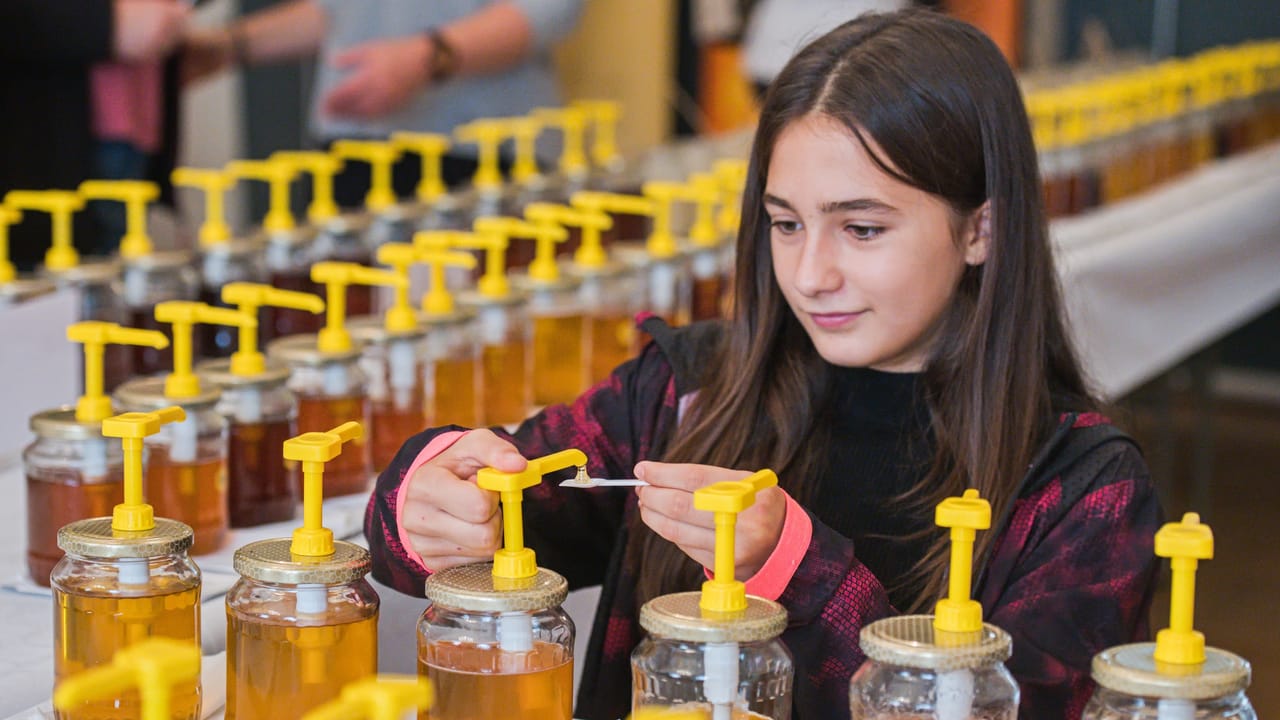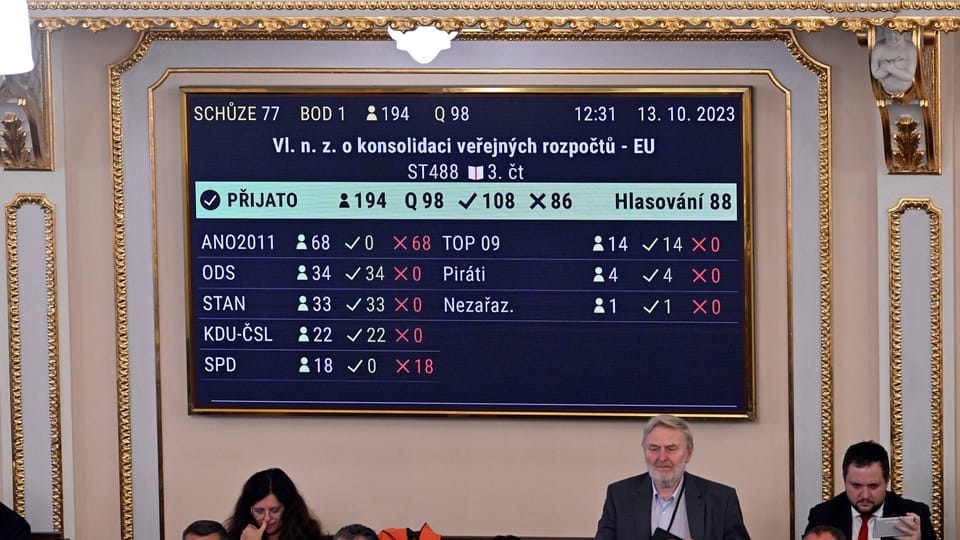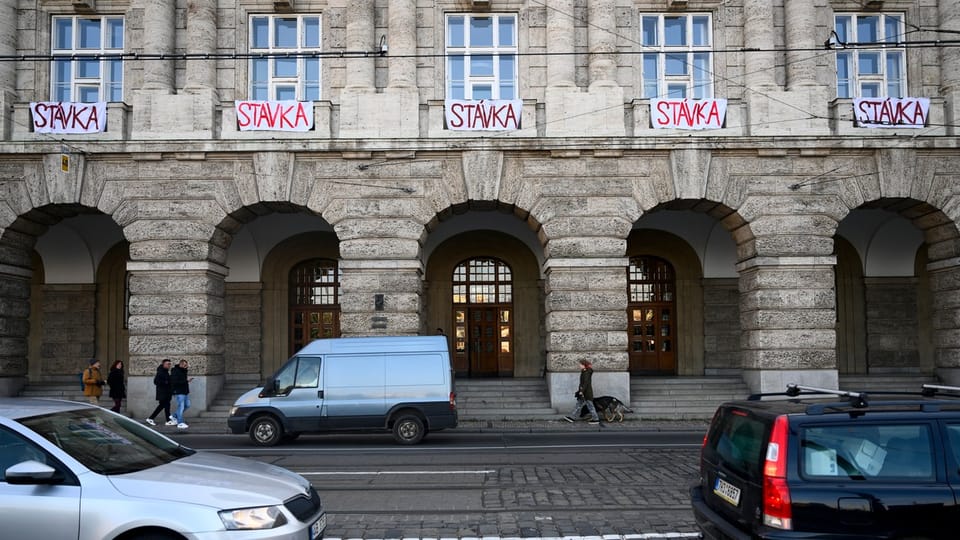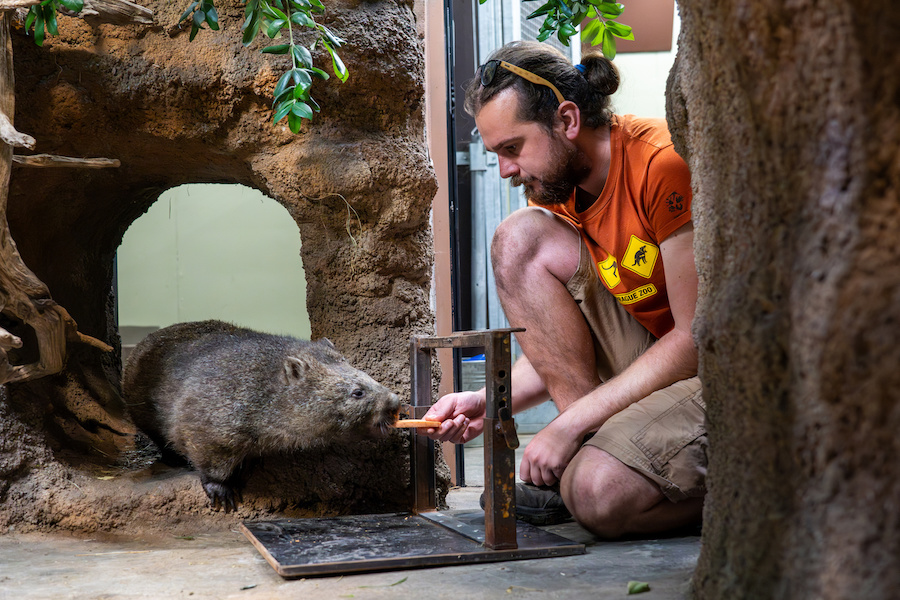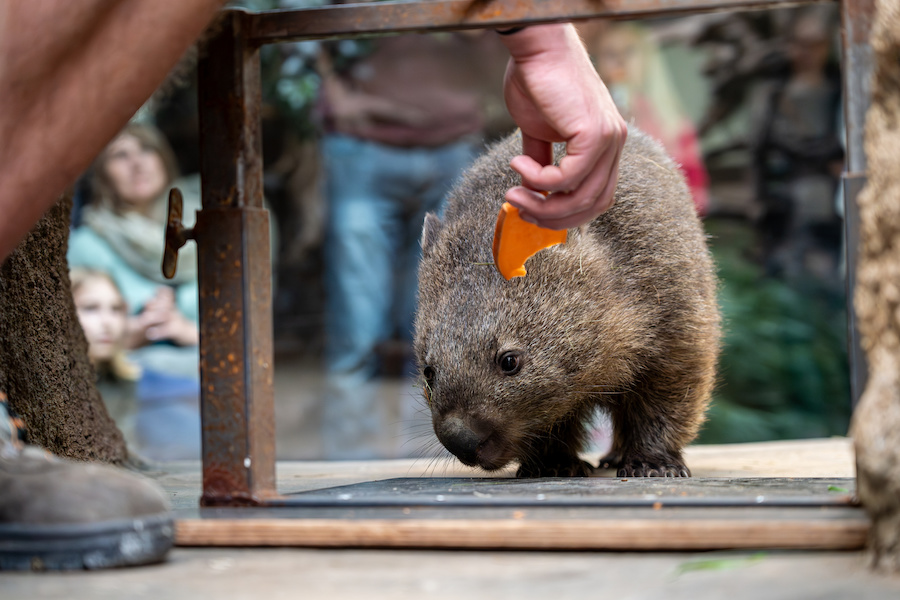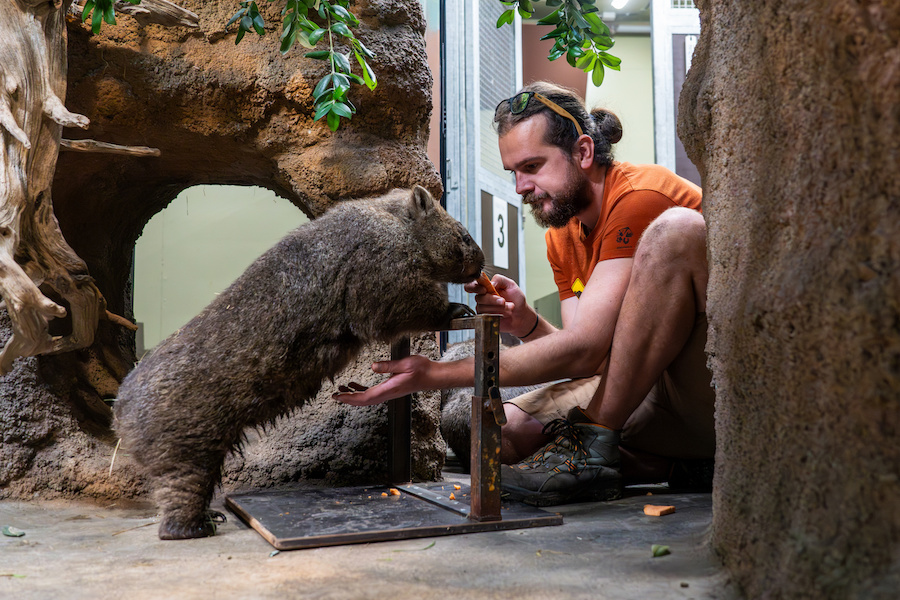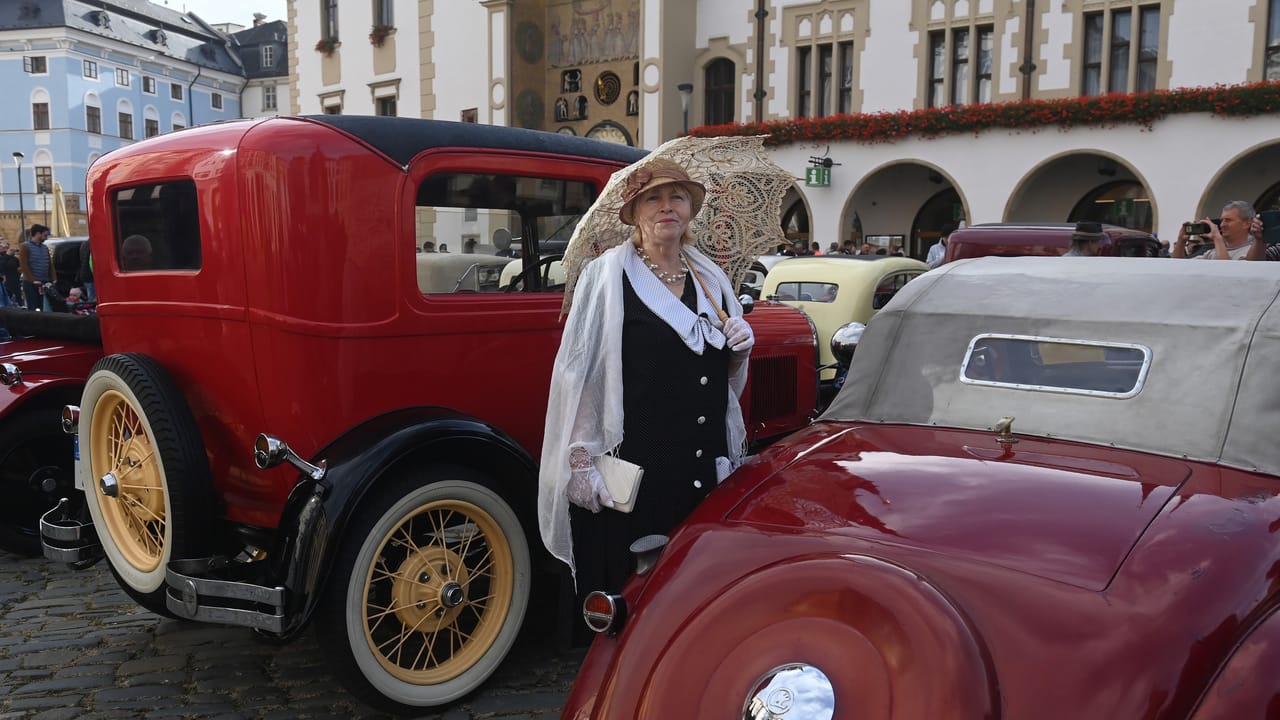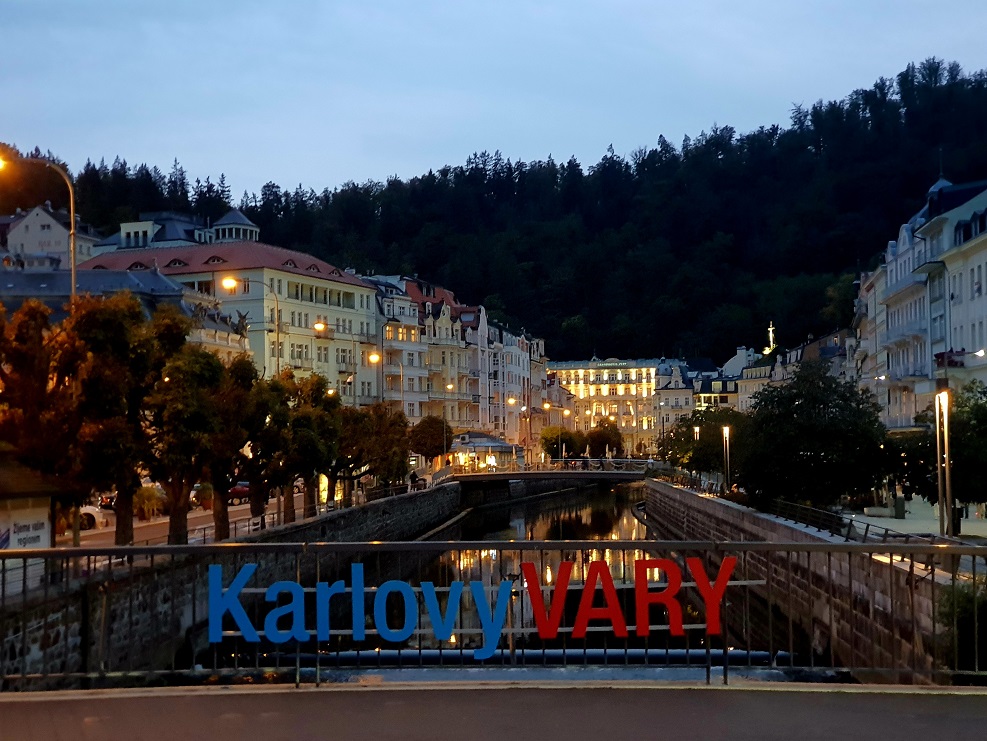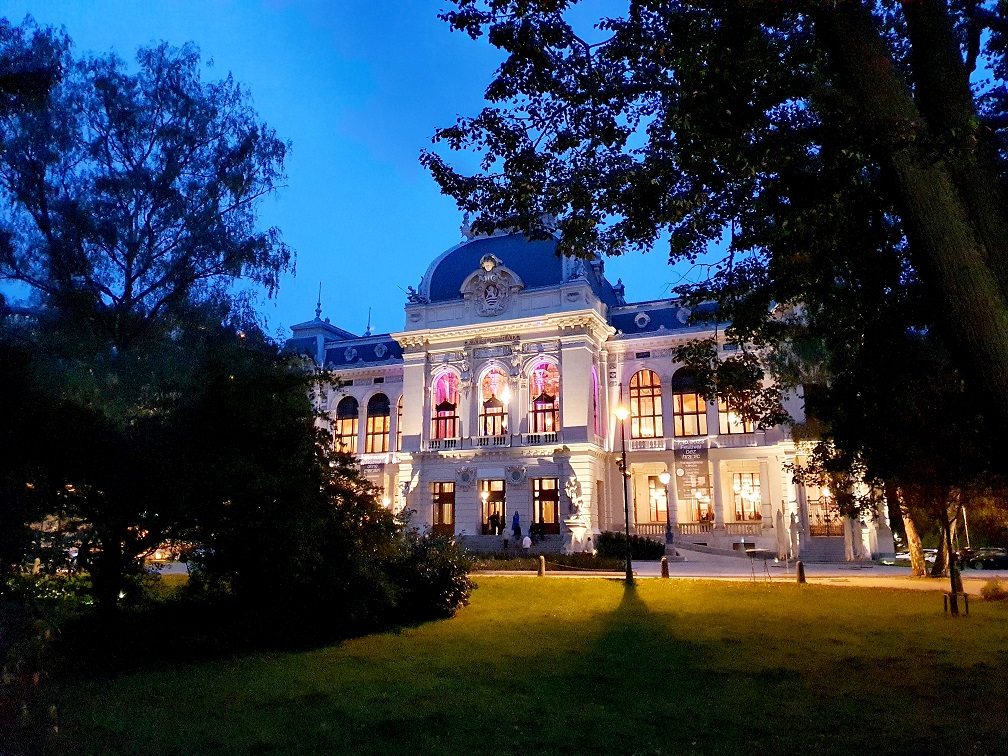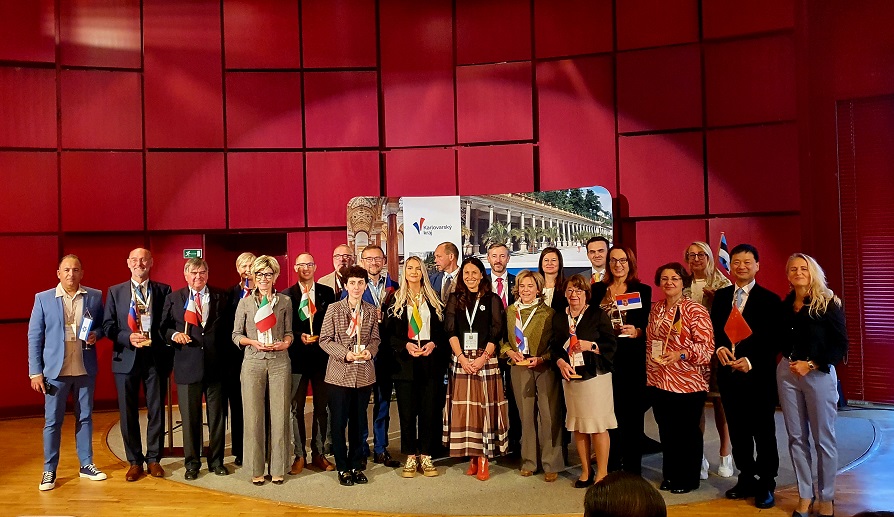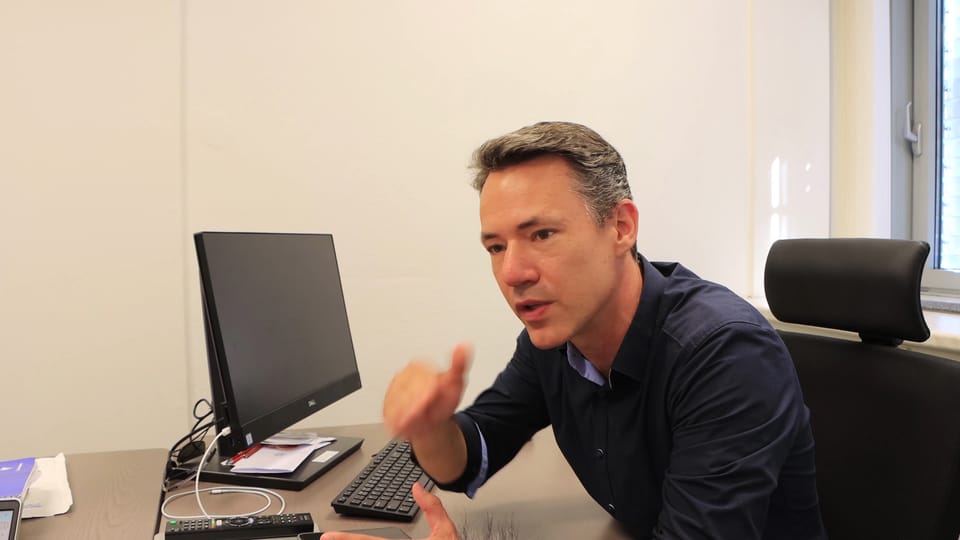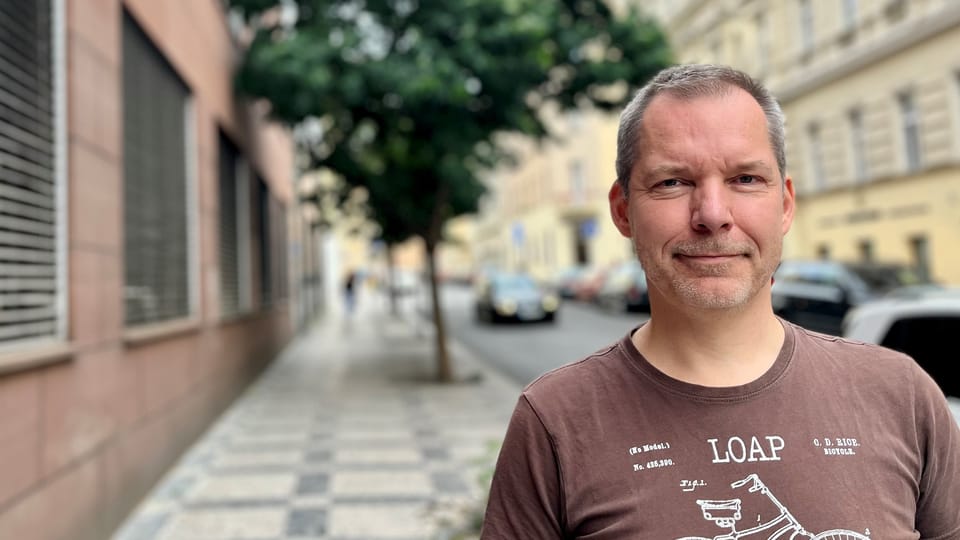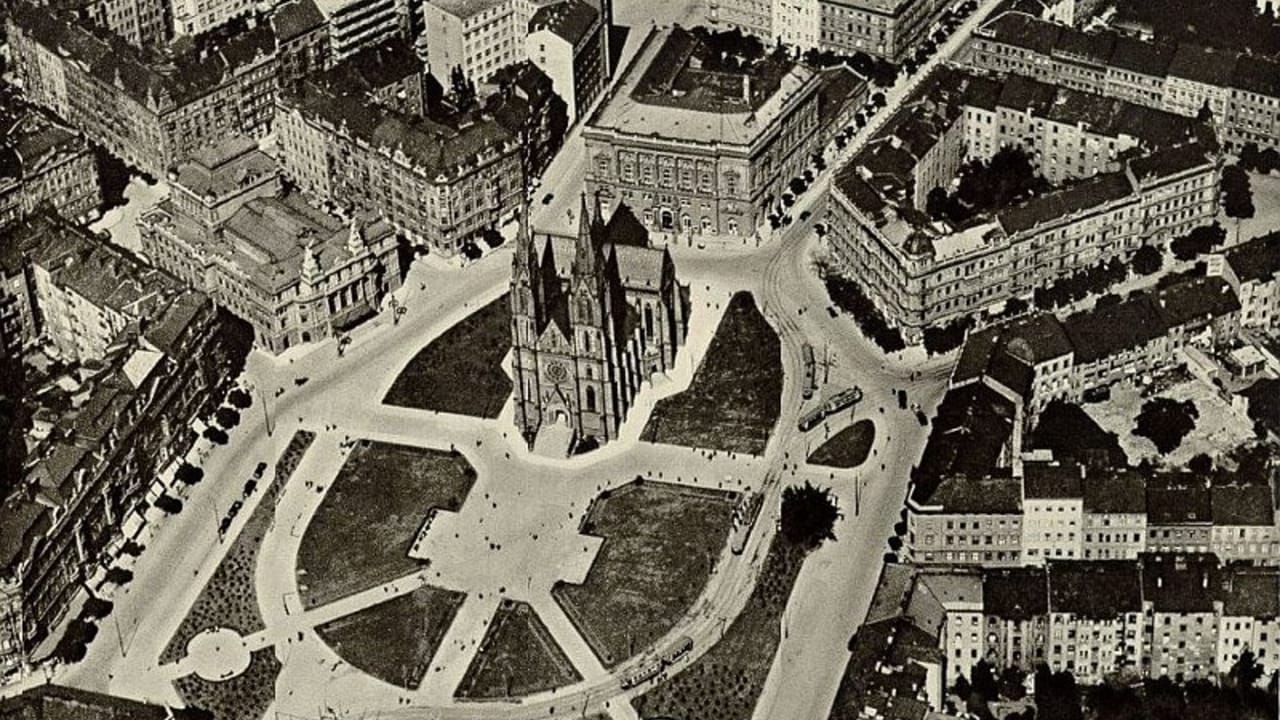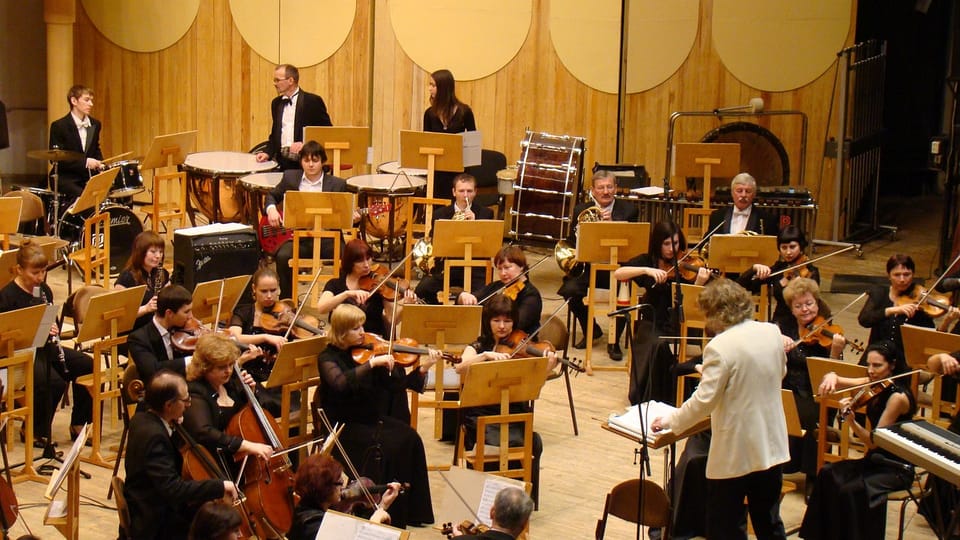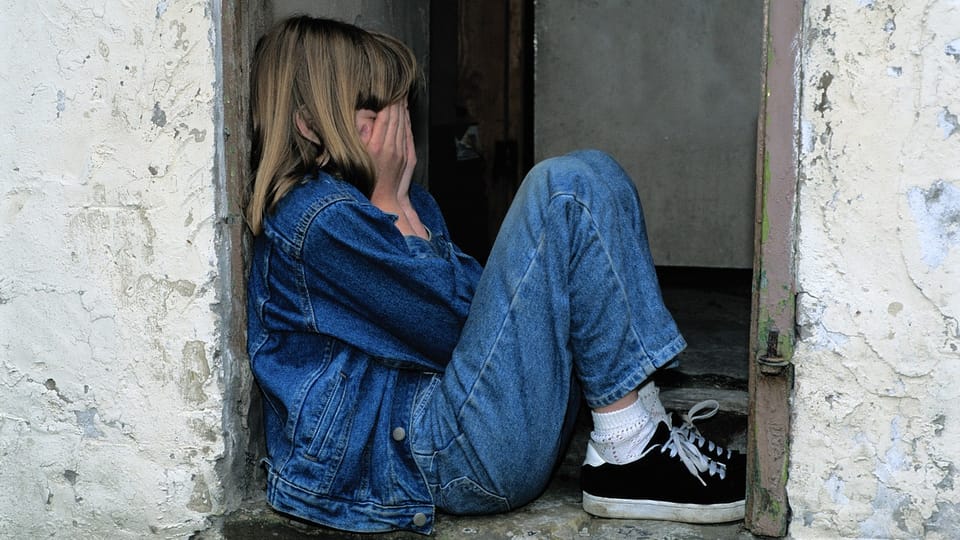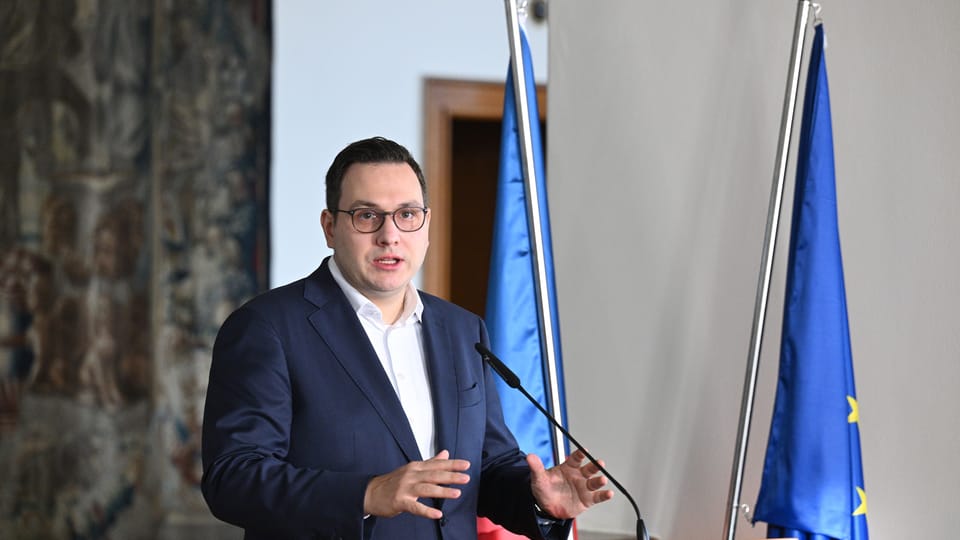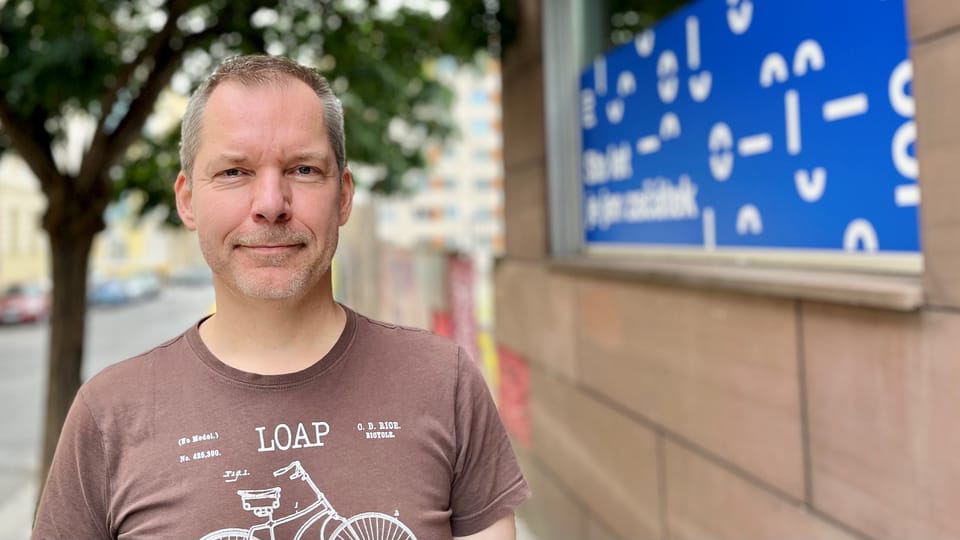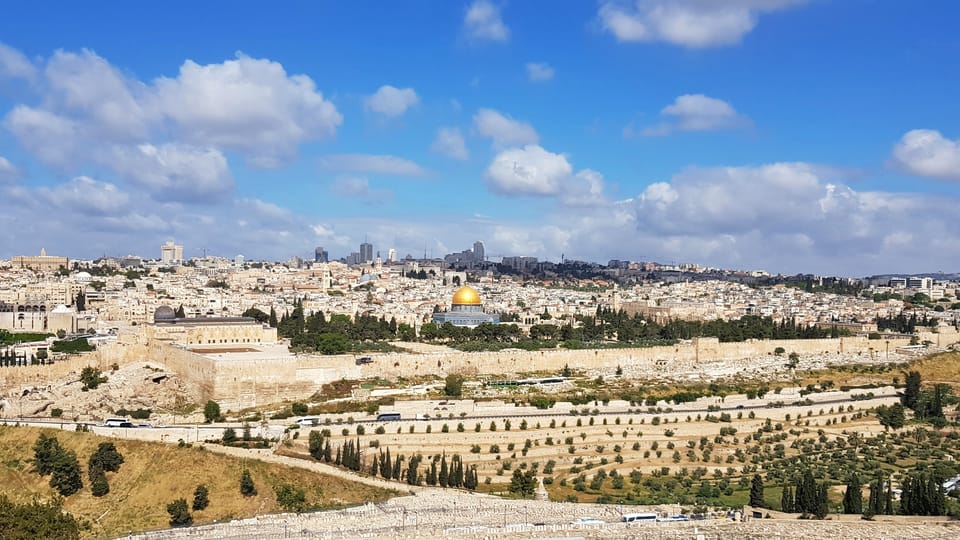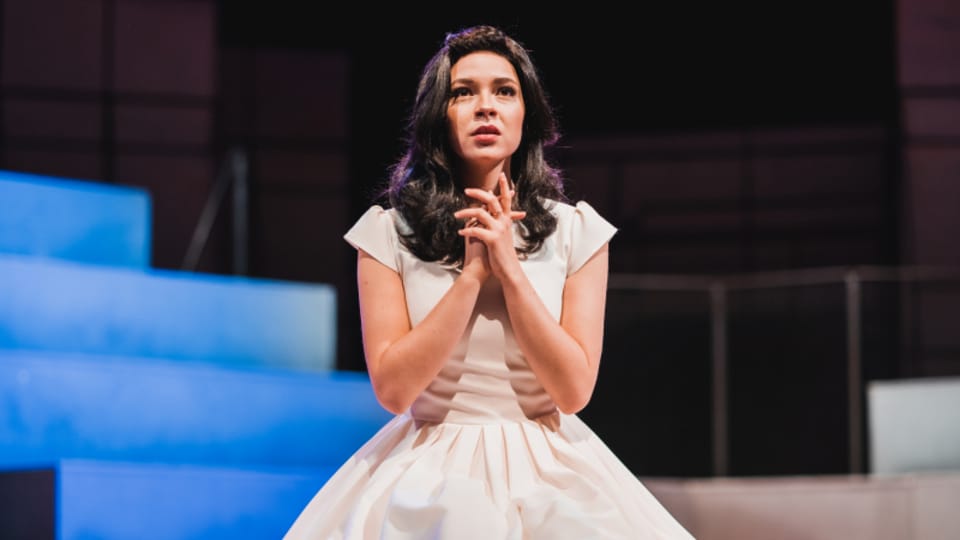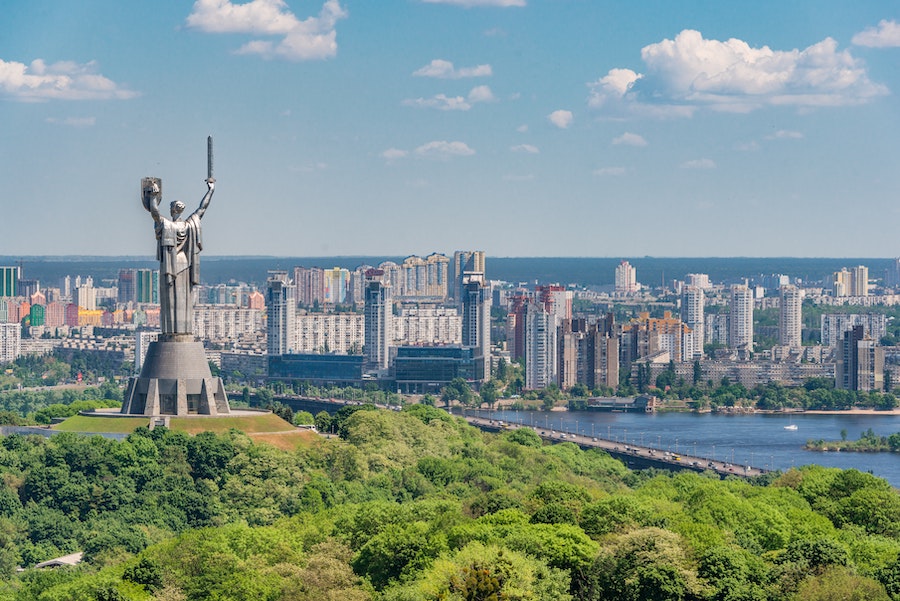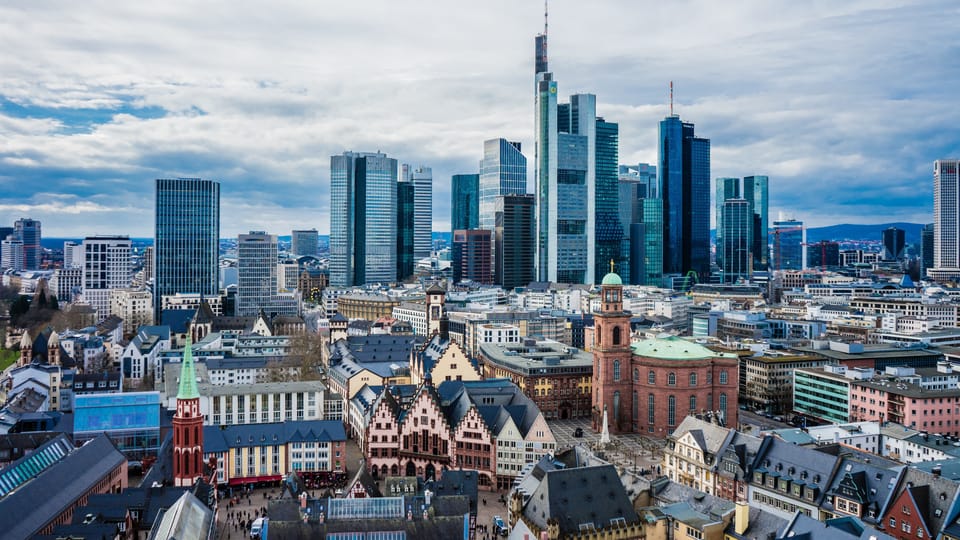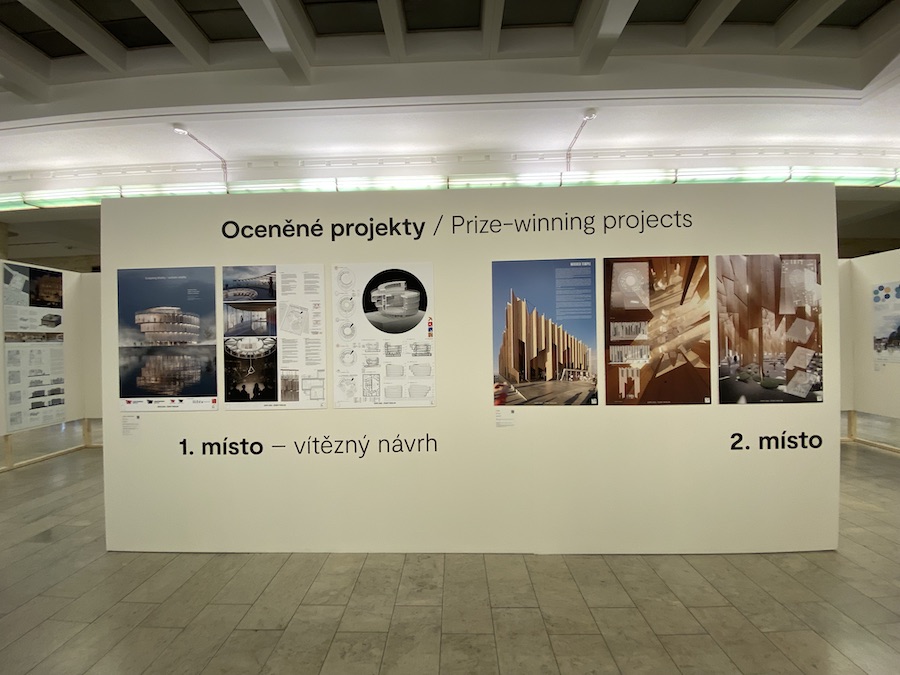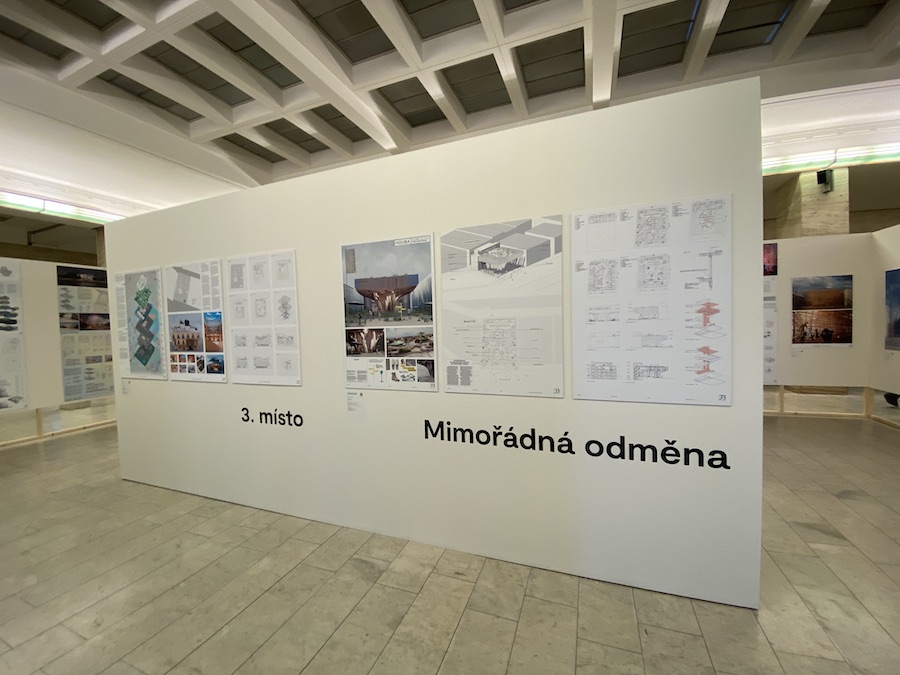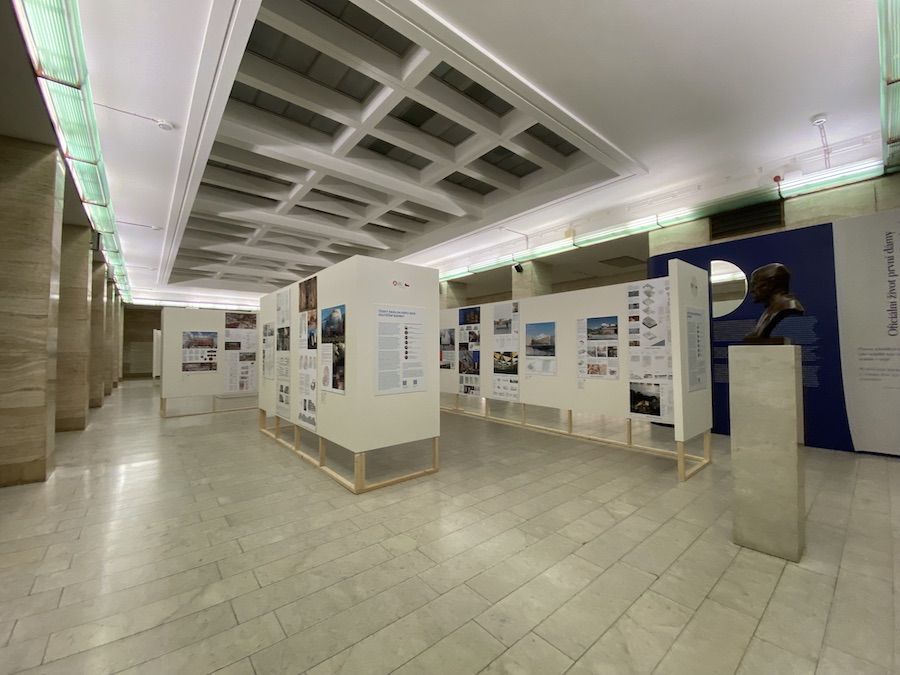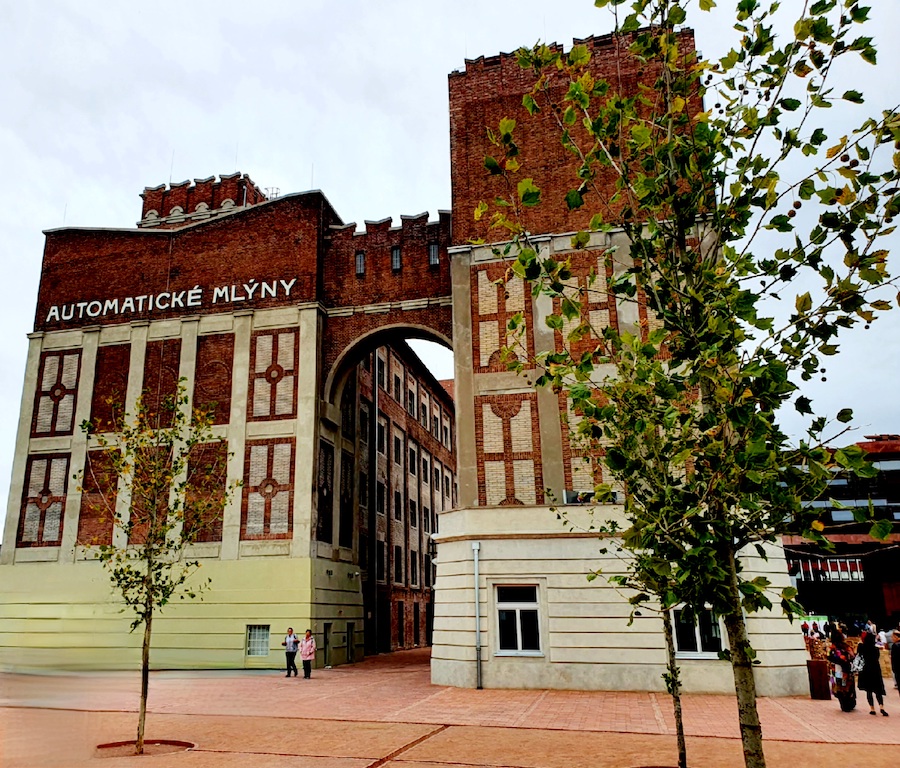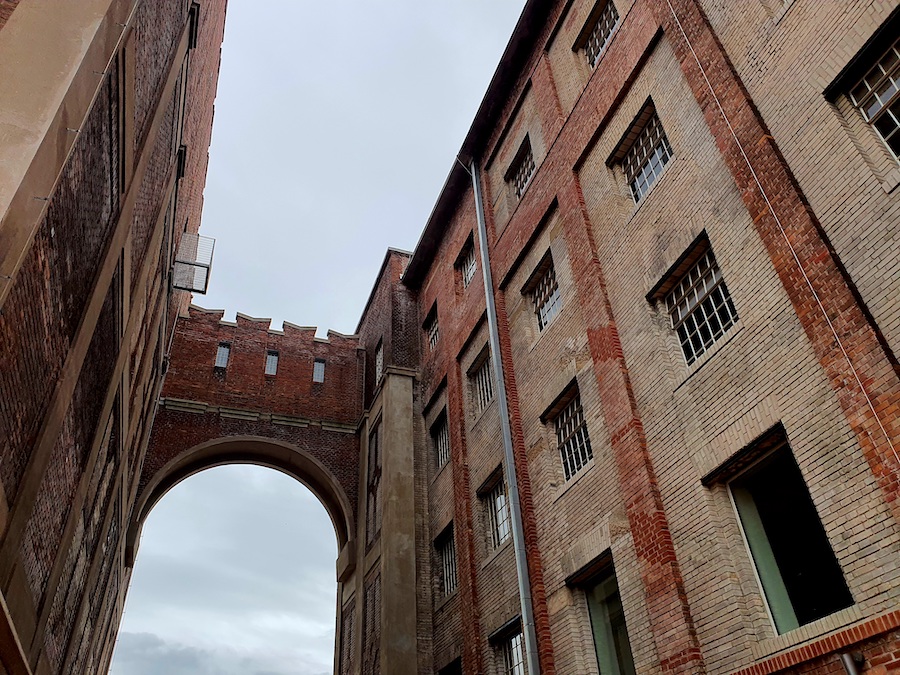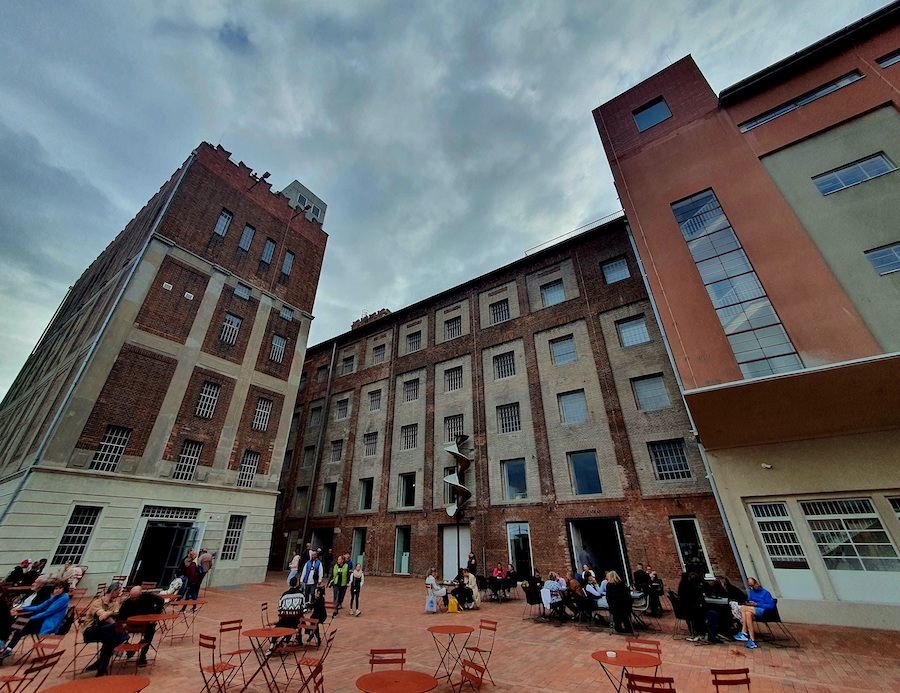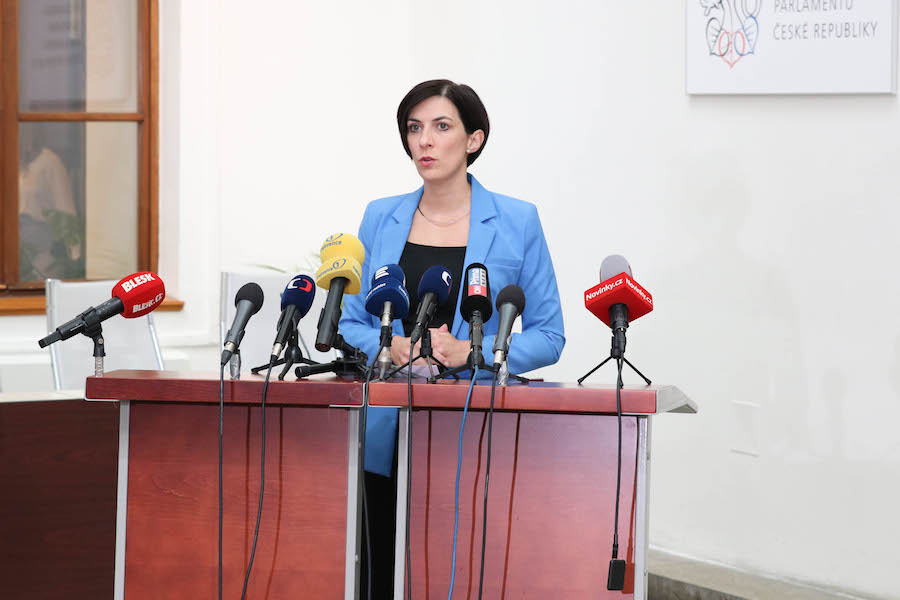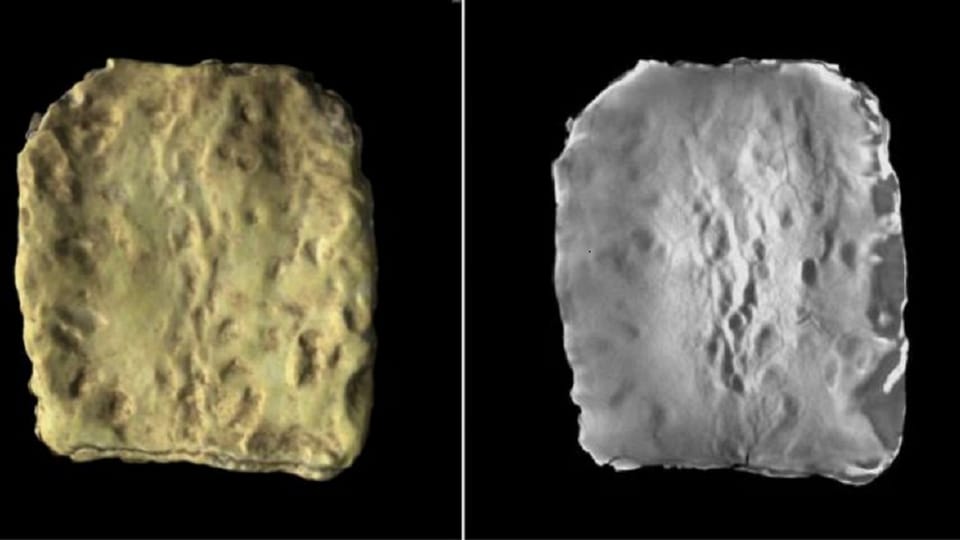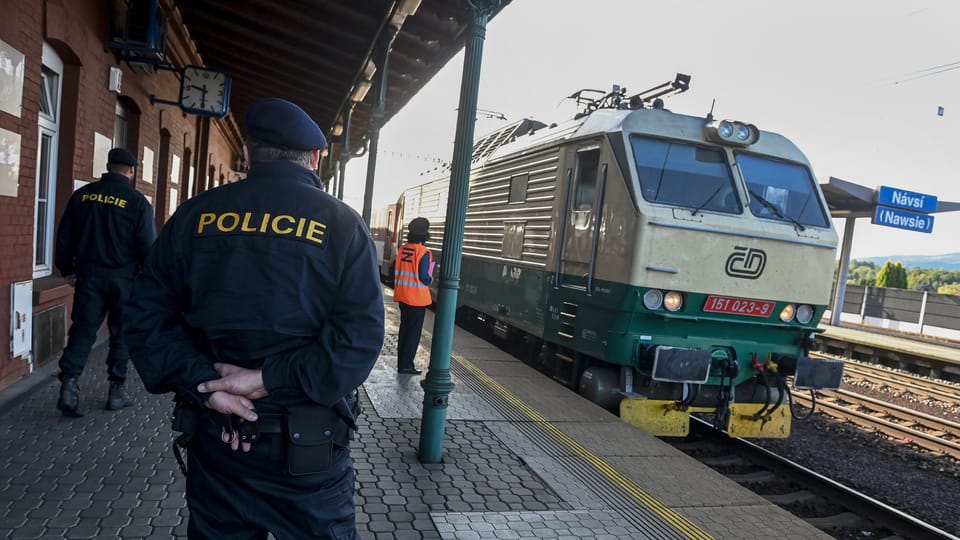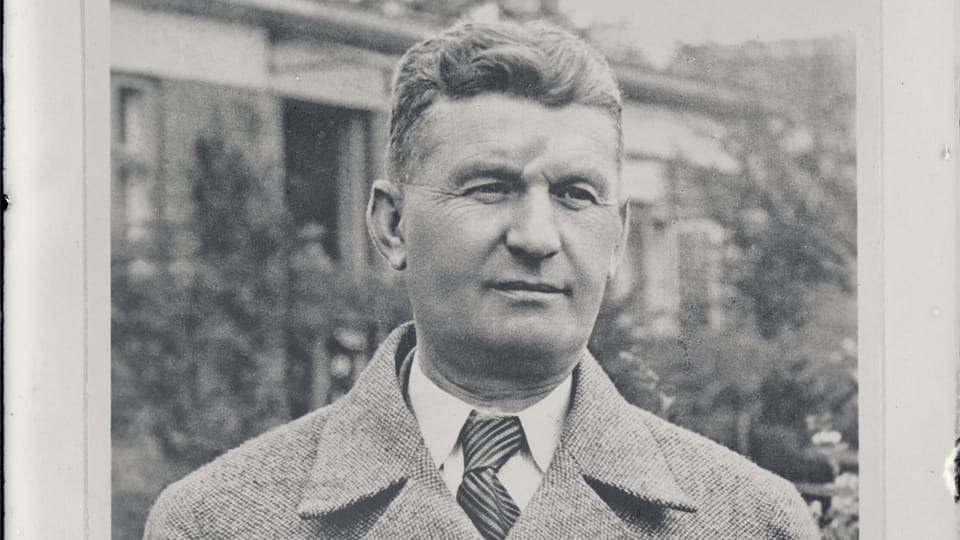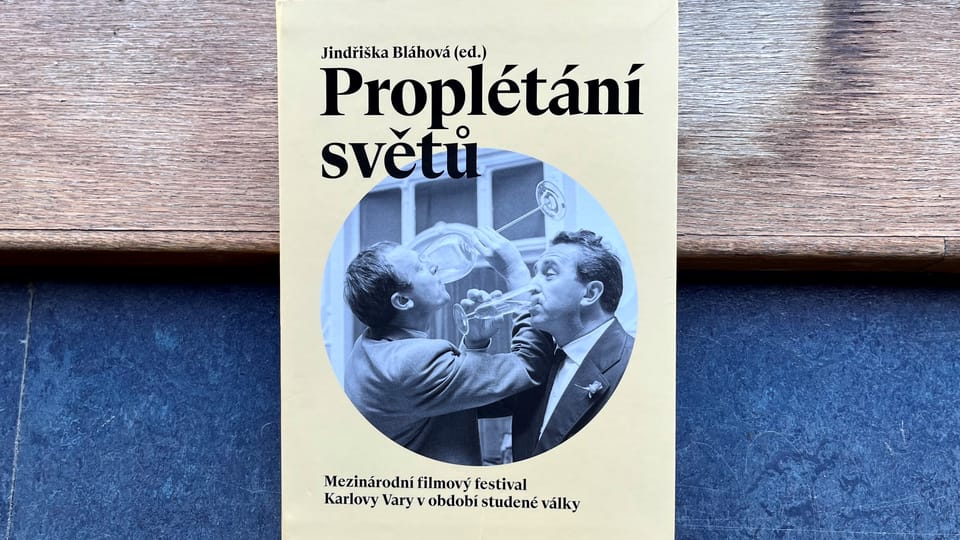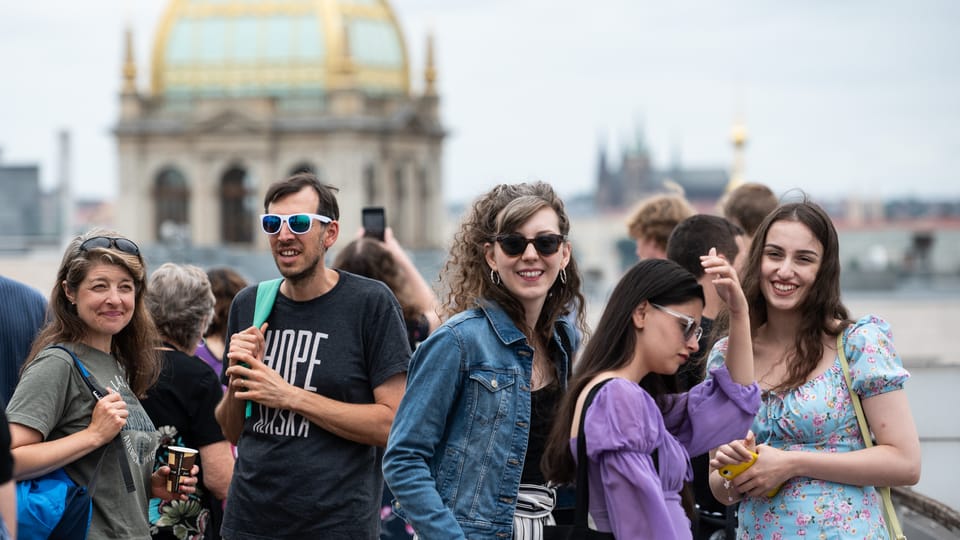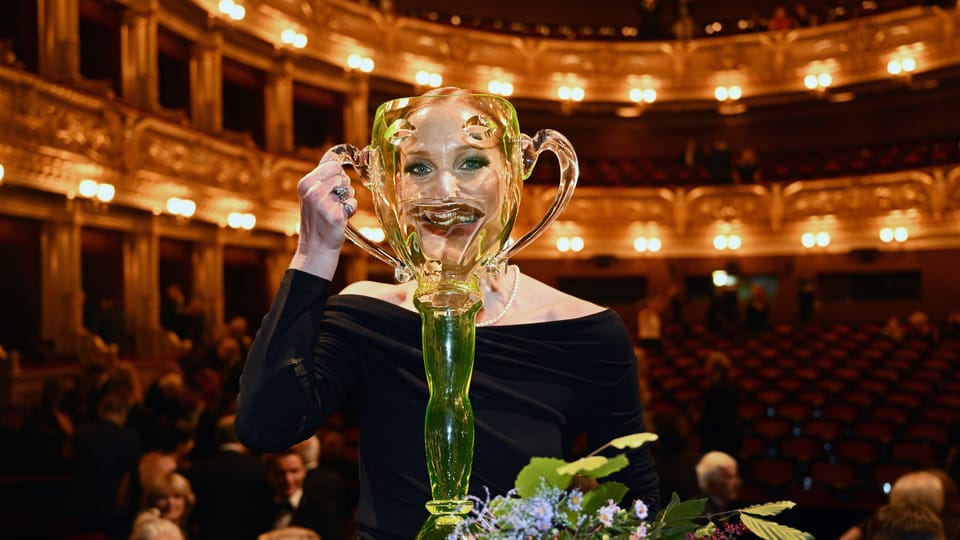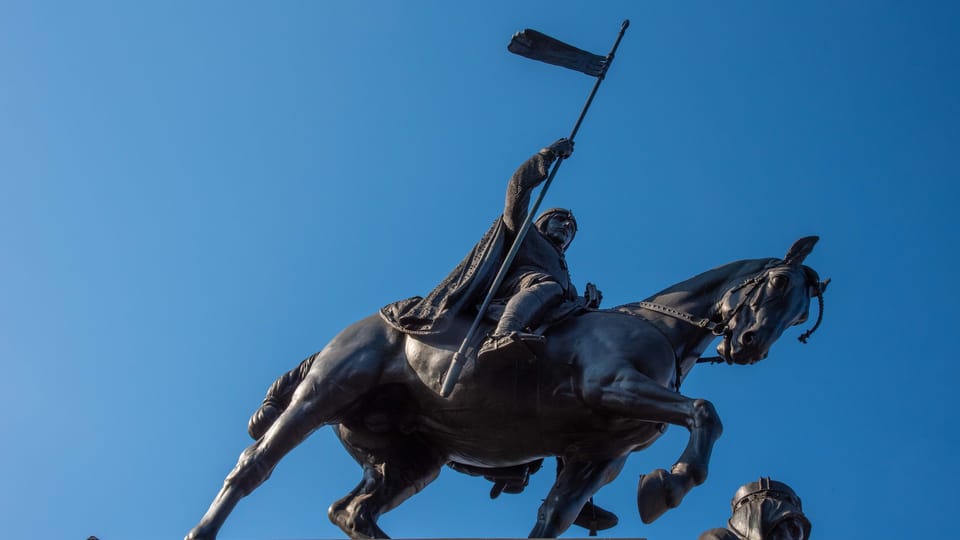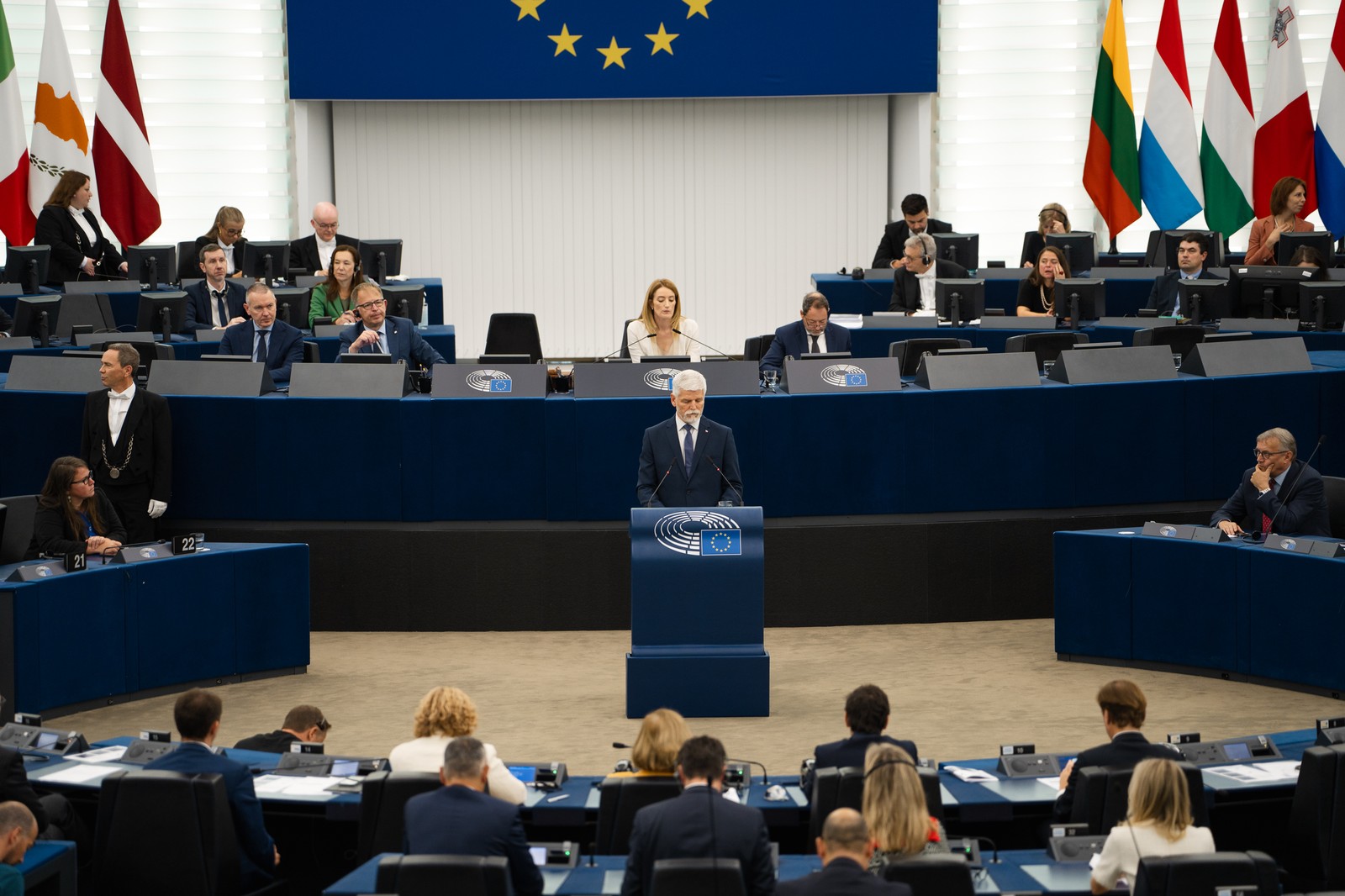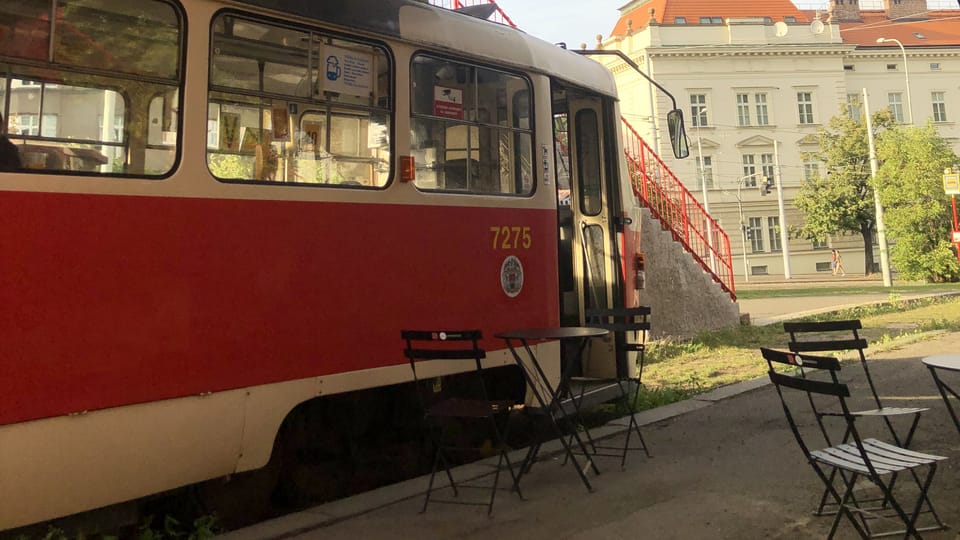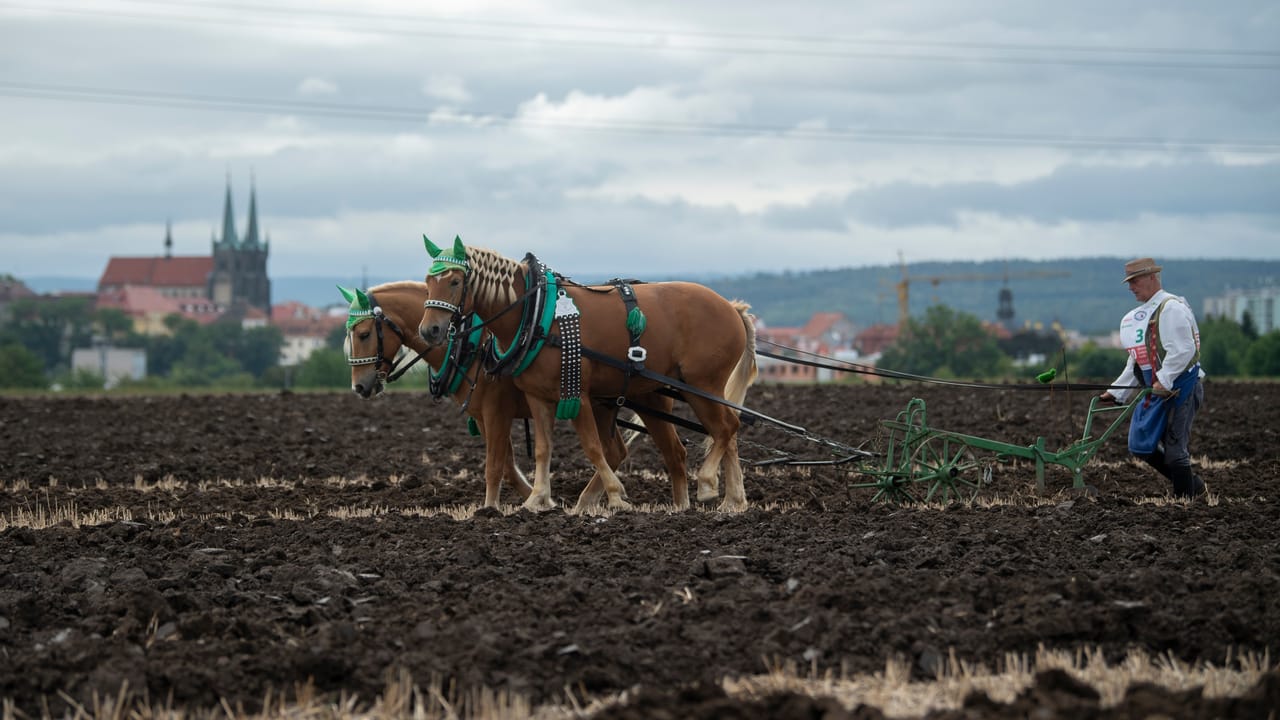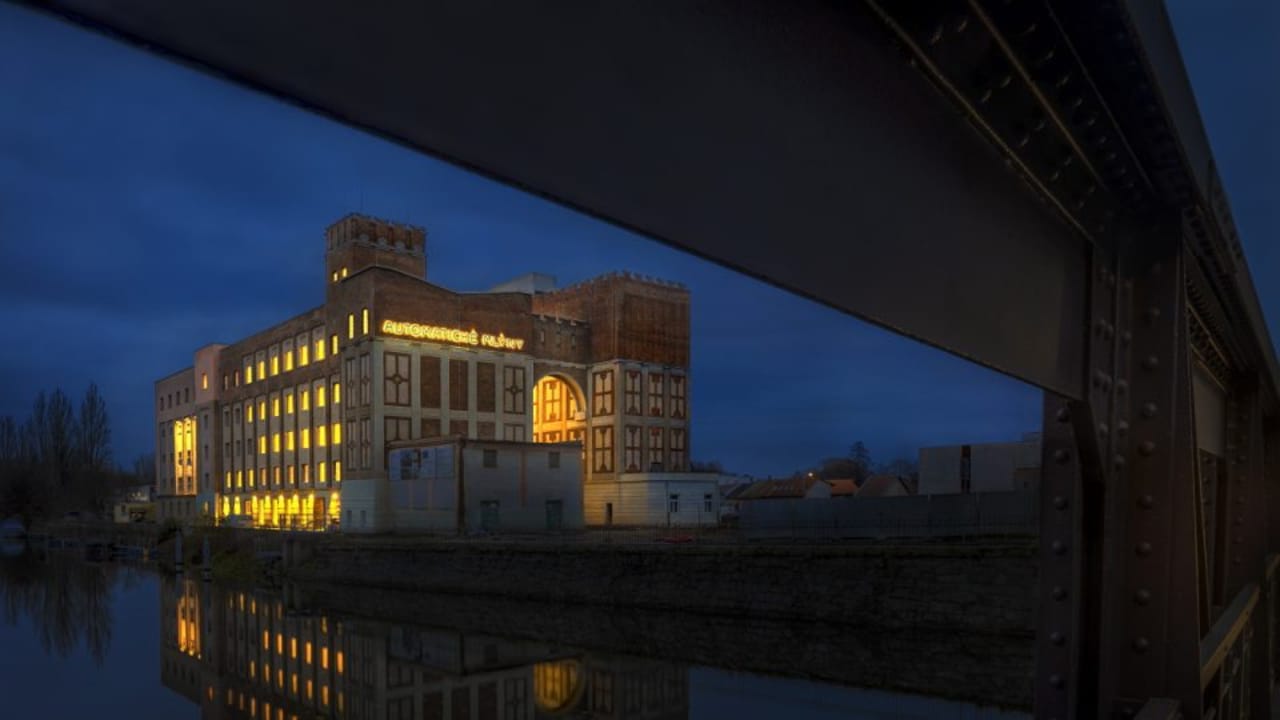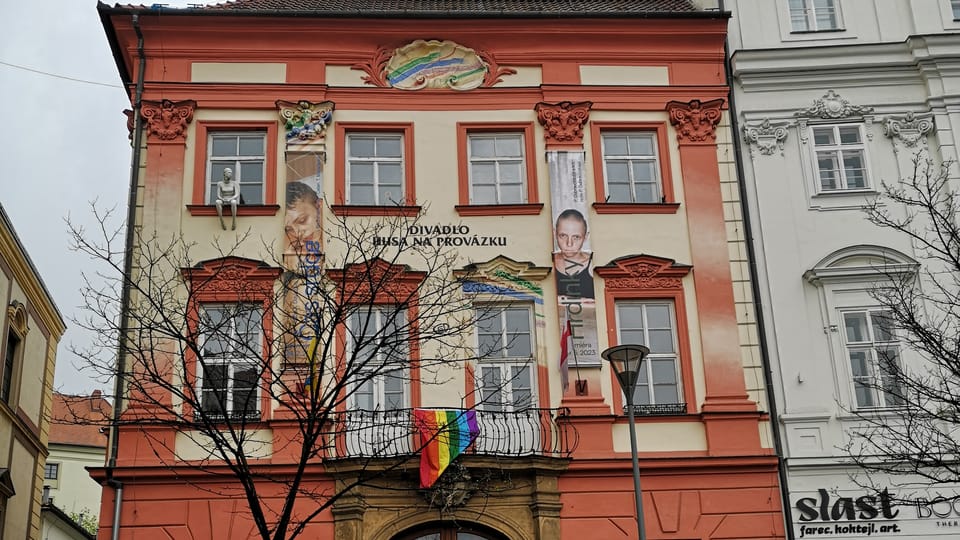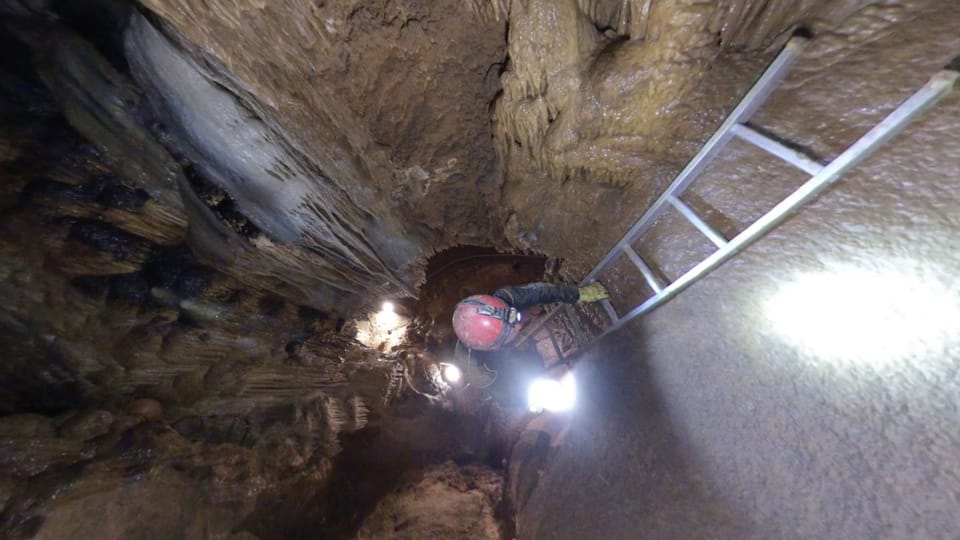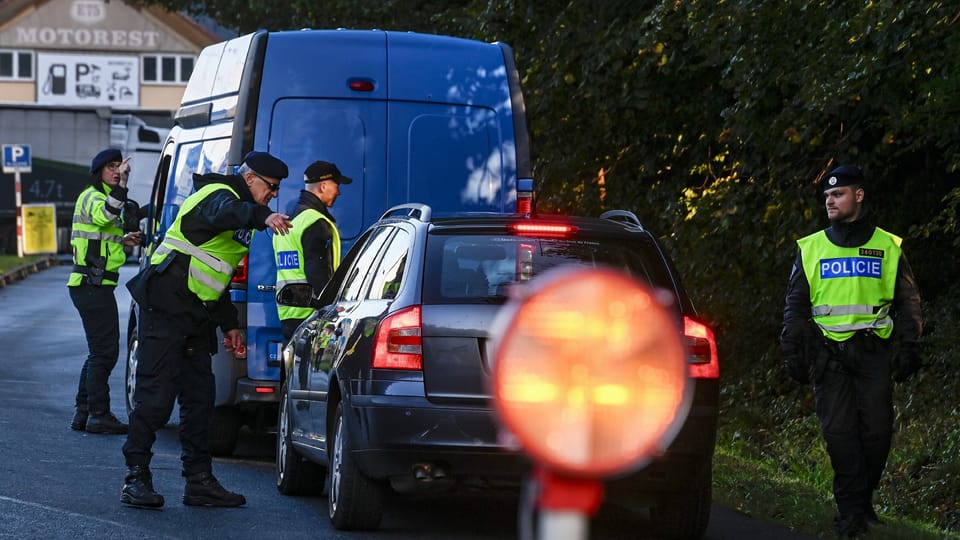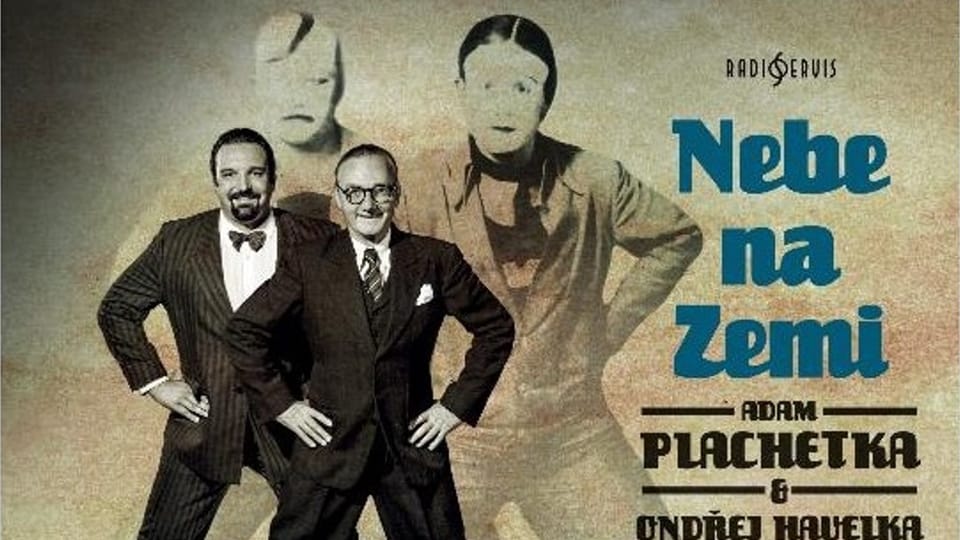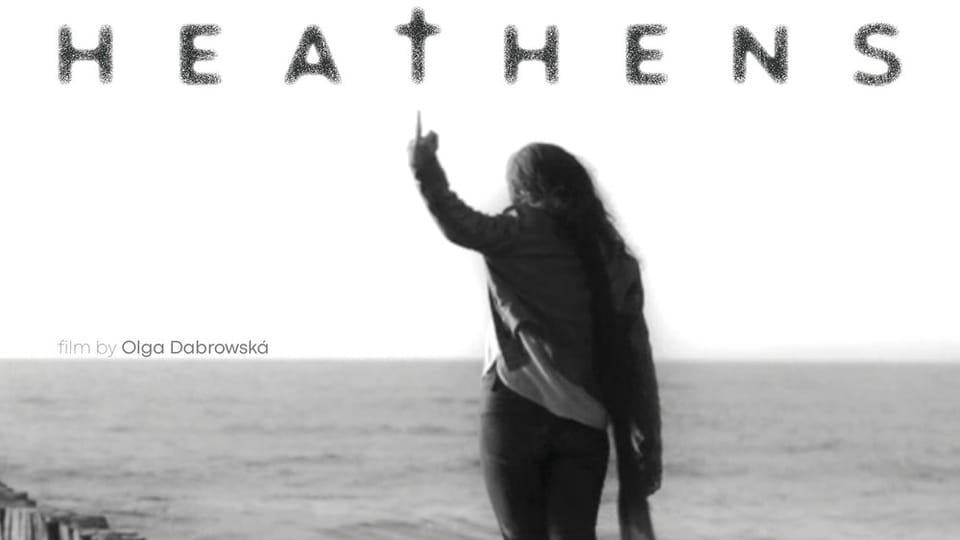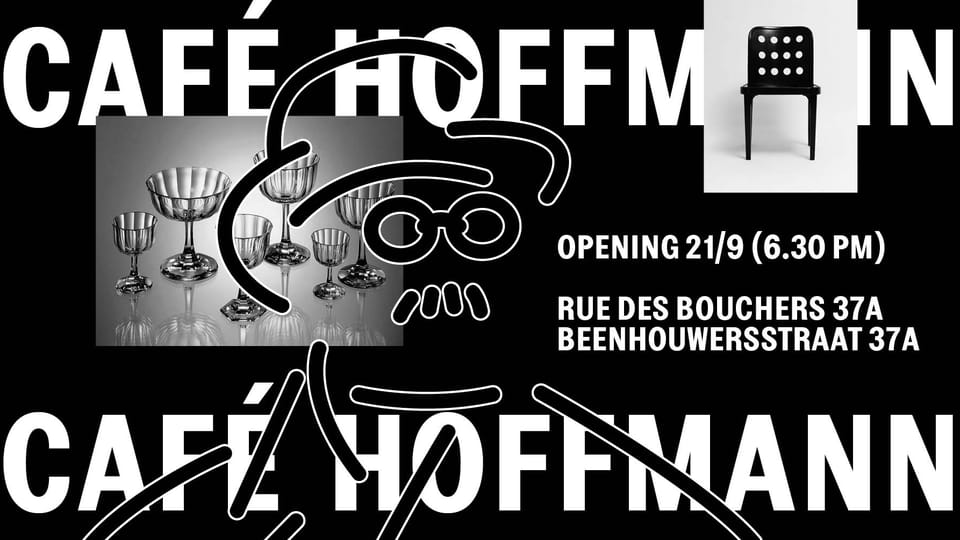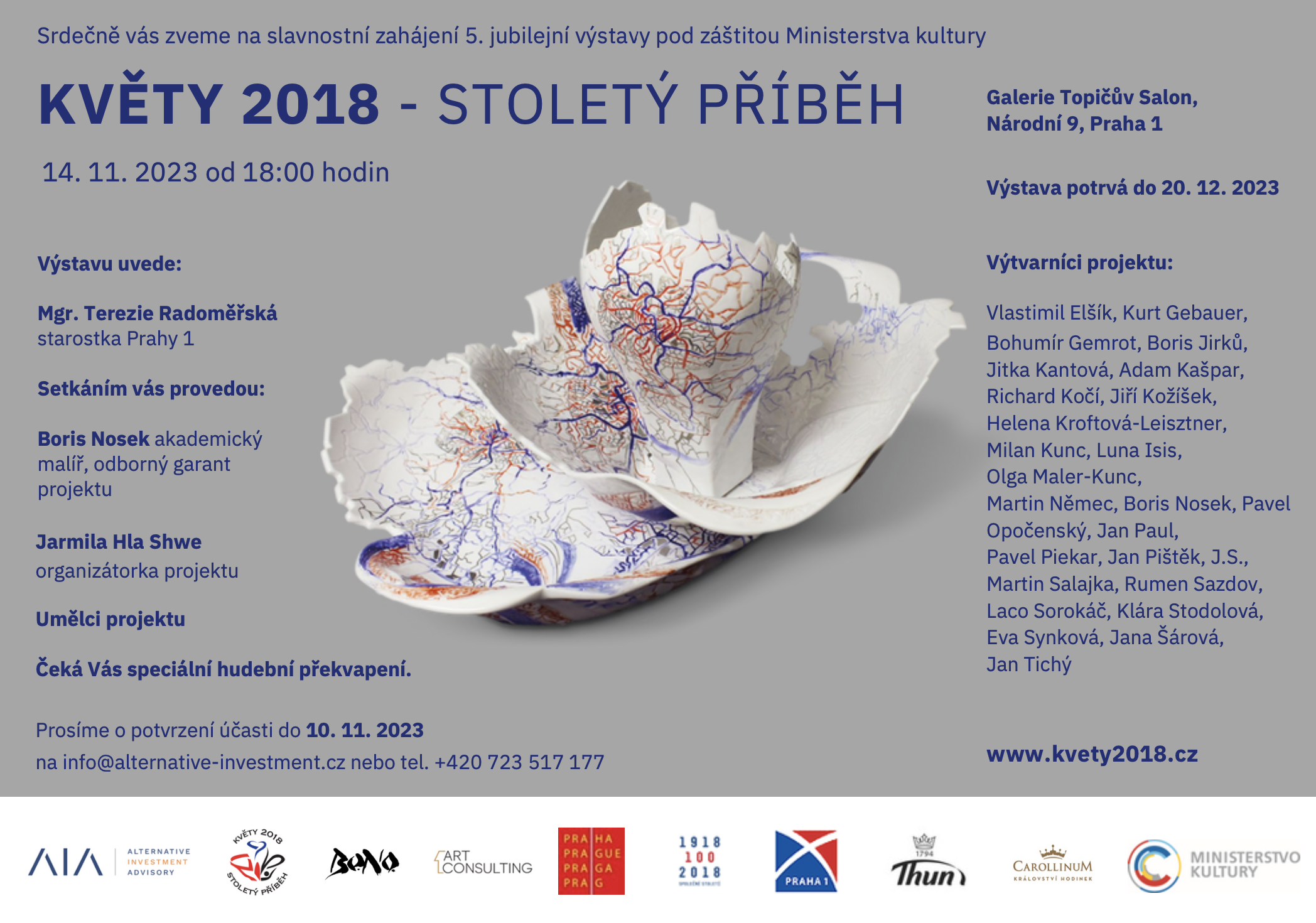
More than three dozen renowned Czech artists, enchanted by the magic of porcelain painting, created more than 300 pieces of large porcelain originals, including their own flower triptychs.
Each of the authors individually conceived the subject and the theme of the project completely freely and originally both in content and craftsmanship. The flowers are created using the author’s original hand-cut technology.
For over 200 years, Czech porcelain has represented our republic all over the world, it stands out for its quality, greater hardness, and snow-white color. One of the most important features of Czech porcelain for painters, draftsmen, and graphic artists is the possibility of realizing a subject using watercolor tones of salts under the glaze in the most intense deep color tones. Each work is a tribute to the centenary of the founding of Czechoslovakia.
The author’s works are essentially a bridge connecting the famous history and the hottest present of our state. In their works, the authors do not forget the Czech people and their creativity, human skill and skill, intellect, and imagination, which left their traces in many fields of human activity and established themselves not only in our country but also in the world.
Thanks to the above-standard results of the work of the Czechs and Slovaks, there is a huge interest in the Czech Republic, led by Prague.
On the one hand, there is an interest in Czech monuments, galleries, museums, theaters, and concert halls. On the other hand, there is an interest in Czech industry, medicine, economy, and natural sciences in general, and especially in Helena Leisztner Kroftová and her diptych – Česká lipa.

Helena Leisztner Kroftová belongs to the most outstanding women of Czech visual arts. Her unconventional work spans many fields and technologies. As one of the few, she works in painting, textiles, and graphics on the computer, but also in porcelain. Her subjects are not always so typically feminine – delicate, not to mention embroidered, as is often the case with women. Although she also deals with clothing and textiles, her painting style is often expressive, explosive, ecstatic, and spontaneous. In some cases, I would even talk about a brutal grasp of the subject, when her handwriting can basically remind one of the faunist painters – Marc Chagall, Henri Matisse, or Raoul Dufy.
In any case, the feeling of a kind of romance and warmth always remains with her. Often in her paintings, we can find bright pastel colors related to colorful flowers, the sun, and beautiful nature. The attention to detail in certain fragments thus brings the viewer into his own motif, so that he becomes a part of the entire work.
She even created 3D images that essentially show other possibilities of optical reality. Static two-dimensional compositions become more developed and unique. The work has always been about movement, dynamics, and light, so in his porcelain bowls, he anticipates filling them with water and placing other objects floating on the surface. They try to animate dead bodies, even though they have an identical and graceful decor with something else, and this creates vistas through the surface. At the slightest shock, these shake the light of the shine on the surface, but also the entire cobalt composition on the inner shell of the bowl.
She likes to create intuitively and without precise controls. In this case, however, she was able to take on the theme of 100 years of the Czech Republic with a completely classic and apt treatment of linden leaves as a symbol of our nation. In addition, she recalled with a quote the most famous Czech decor of the industrial processing of dining and coffee services – the “onion” (the actual motifs of the onion already come from ancient China, but they were fundamentally modified already in the 18th century – a transformation of the stylization for the European market in the German porcelain factory in Měsín).
Painting with dark blue cobalt on a white background is always partial stylization – emphasizing and emphasizing the essential and omitting the unnecessary. Although the drawing has soft edges (as is characteristic of fusible colors that melt into the glaze), it appears as a more vivid pen (full-tone) typical drawing. They still hold sharper shapes with a firm contour, which can be easily identified immediately.
Helena Leisztner follows up on the best that was created in Bohemia and that is worth remembering. Whether it is the above-mentioned plant subjects, especially vegetable and flower ones processed by the Dubí u Teplice porcelain factory or the Karlovarské závodů, Thun, Dvory, Nová Role or Ateliér Lesov. The rare products of these porcelain houses are fully functional and purpose-built, which means that they can be put in automatic dishwashers, and microwaves, but also thanks to the strong glaze, they are exposed to the pressure of saw knives and scratches without fundamentally damaging the decor. This is because it is deeply sealed at 1200 to 1400 degrees Celsius. Helena Leisztner chose the same technology for the realization of her diptych of 2 bowls that correspond to each other. However, it is not necessary to count on a dishwasher or microwave, on the contrary, long-term filling with water and floating objects on the surface.

Boris Nosek sees a number of other symbols in Helena Leisztner’s subjects. According to him, it is possible to perceive a seemingly simple and straightforward message on multiple levels. On the deep bowl, the author uses the entire range of shades of blue to depict not only the linden leaves that grow from the branches. For Boris Nosko, they symbolize individual cities, but also individual residents who create 1 whole, grow from 1 tree and are of the same mentality – “one blood”. They see roads, springs of the river forming our republic, there are drops of paint, stains – they can be tears or drops of life-giving water. These can be fateful moments and the souls of those who died in war, the souls of those born in peace, the souls of happy people, believers and non-believers, in any case, all those who believe in a better future for the whole world, not only for our republic. It is a message that everyone reads with their heart and not just their eyes.
Technology: This is a composition of two objects resembling a flower, namely long shallow bowls (leaf) and deep ikebana bowls (flower).
PORCELAIN FLOWERS form a diptych of two objects – together one whole.
• Deep ikebana bowl Ø50 cm in 17 cm styling a blooming flower
• A large shallow bowl of 70 cm x 50 cm format resembling a leaf from which the flower grows.
The diptych is made of genuine Karlovy Vary porcelain fired at 1400℃ and, unlike French porcelain, it is harder, more fragile and snow-white.

As part of the technology, she adapted to the given possibilities of the above-mentioned paintings on porcelain, when the entire drawing was done alla prima with a straight brush with diluted cobalt, which is a relatively dense color and does not flow as well from the brush as ink, tempera or oil. Once dry, we fired everything she created at 1380 degrees Celsius and the colors melted. This is basically how the final form of these objects was created. Helena Leisztner created a whole series of other plates and, as she was enchanted by porcelain painting, she also attended Boris Nosko’s workshops organized at the Štítné elementary school. There she created the basis for a deposit of porcelain plates exhibited, for example, in the gallery at the Golden Cockerel on the Praha porcelánová project.
By the way, themes of Prague related to the Flowers 2018 project are also captured in cobalt on a plate with the Prague Castle or on a biscuit plate without glaze with the theme of Princess Libuše – our fortune teller. However, she managed to expand the cobalt with dark metal chlorides – so-called salts with the intimate theme of Prague lanterns reminiscent of the atmosphere of old Prague.
The dark blue salt gives room for the bas-relief linear processing of lanterns in biscuit to stand out, which are always two and two against each other in an interesting composition of a special cross and form a completely unclassifiable unique. In her work, this plate is in contrast to the above-mentioned drawings on a white background.
She elaborated the heart-shaped symbol of the linden leaf, which essentially consists of two drops, on the large mantles of both bowls. They are basically drops of hope that carry within them – fateful moments and the souls of those who died in war, the souls of those born in peace, the souls of happy people, believers and non-believers, in any case, all those who believe in a better future for the whole world, not only for our republic. It is a message that everyone reads with their heart and not just their eyes.
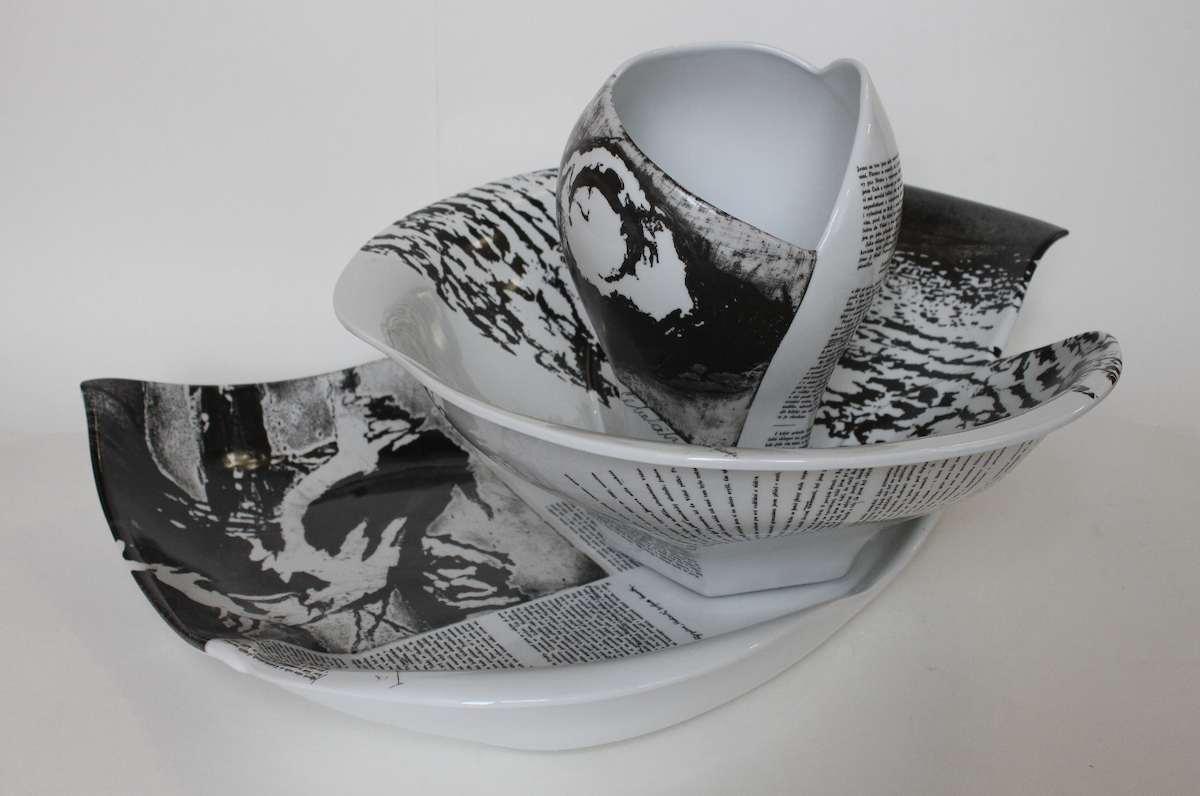
Boris Nosek asks the author: “Helenka, where did you look for inspiration for painting on porcelain?”
My porcelain painting theme is based on my project Praga Caput regni – Reipublicae, Colors of Woman national clothes for the Czech Miss, for state visits. For that reason, I only used simple cobalt and the theme of blue and linden leaves, I like everything vivid-variable, i.e. bowls of water and spheres. The plates again have historical themes, Libuše, the Old Synagogue with the Golem, the transition from the Old Town to Hradčany – plate triptych.
In her work, she was inspired primarily by women, nature and architecture. She is the author of the project Praga Caput Regni – Rei publicae presenting Prague and the Czech Republic through living artifacts. She created a collection of clothes with national colors on the theme of state and historical symbols, which she was the first to promote at the international Czech Miss competitions since 2005, at the Gala opening of the NG International Art Biennale.
As a multimedia artist, she combines her own oil painting, photography, line drawing, and clothing design with the motifs of her paintings in the so-called art fashion show – dancing of models and ballerinas with paintings and clothes of the same motif. She also creates oil paintings with a 3D effect, rotating mandalas decorated with stones and diamonds with a phosphorescent effect, and her motifs are processed into vacuum glass for shower enclosures and tiles. The project was presented at many of her exhibitions, including art fashion shows (e.g. Stockholm – Colors of Woman).
In the Czech Republic and abroad, she organizes exhibitions and artistic performances mainly for members of the diplomatic corps, and VIPs from the fields of politics, culture, and art, including charitable artistic activities as a co-founder of FNMWA-Washington. She represented the Czech Republic at the International Exhibition of 27 EU countries in Paris – La Coupole. She won several important awards: in the Czech Republic, Italy, USA.
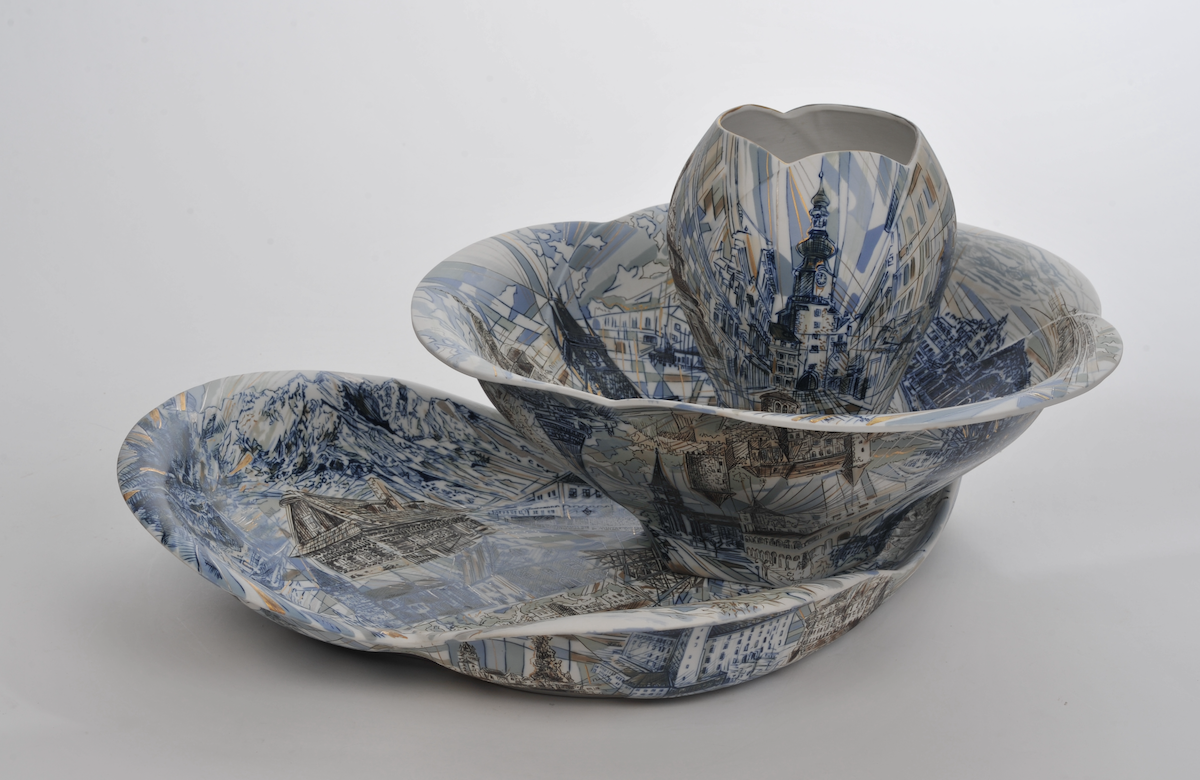
More about Ing. Helena Kroftová Leisztner – painter, photographer, clothing designer and her art works: www.leisztner-art.com www.nmwa.cz
